2017 Awardees

Olujimi A. Ajijola, M.D., Ph.D.
University of California, Los Angeles
Project Title: Multimodal Decoding of the Neural Circuitry of Sudden Death in Peripheral Ganglia
Grant ID: DP2-HL142045
Dr. Ajijola completed his undergraduate studies at the University of Virginia, and received his medical degree from Duke University, during which he participated in the HHMI Medical Research Fellows Program. He went on to the Massachusetts General Hospital for residency training in internal medicine, and completed clinical fellowships in cardiovascular medicine and cardiac electrophysiology at UCLA. He received a Ph.D. in Molecular, Cellular, and Integrative Physiology at UCLA, as part of the Specialty Training and Advanced Research (STAR) program. His lab is focused on understanding how cardiovascular injury induces remodeling within the cardiac neural hierarchy, and how various neuromodulatory strategies may be aimed at treating cardiovascular diseases, including sudden cardiac death. In addition to the New Innovator award, he is also a recipient of the A. P. Giannini Foundation post-doctoral award, and a Young Physician Scientist Award from the American Society for Clinical Investigation (ASCI).
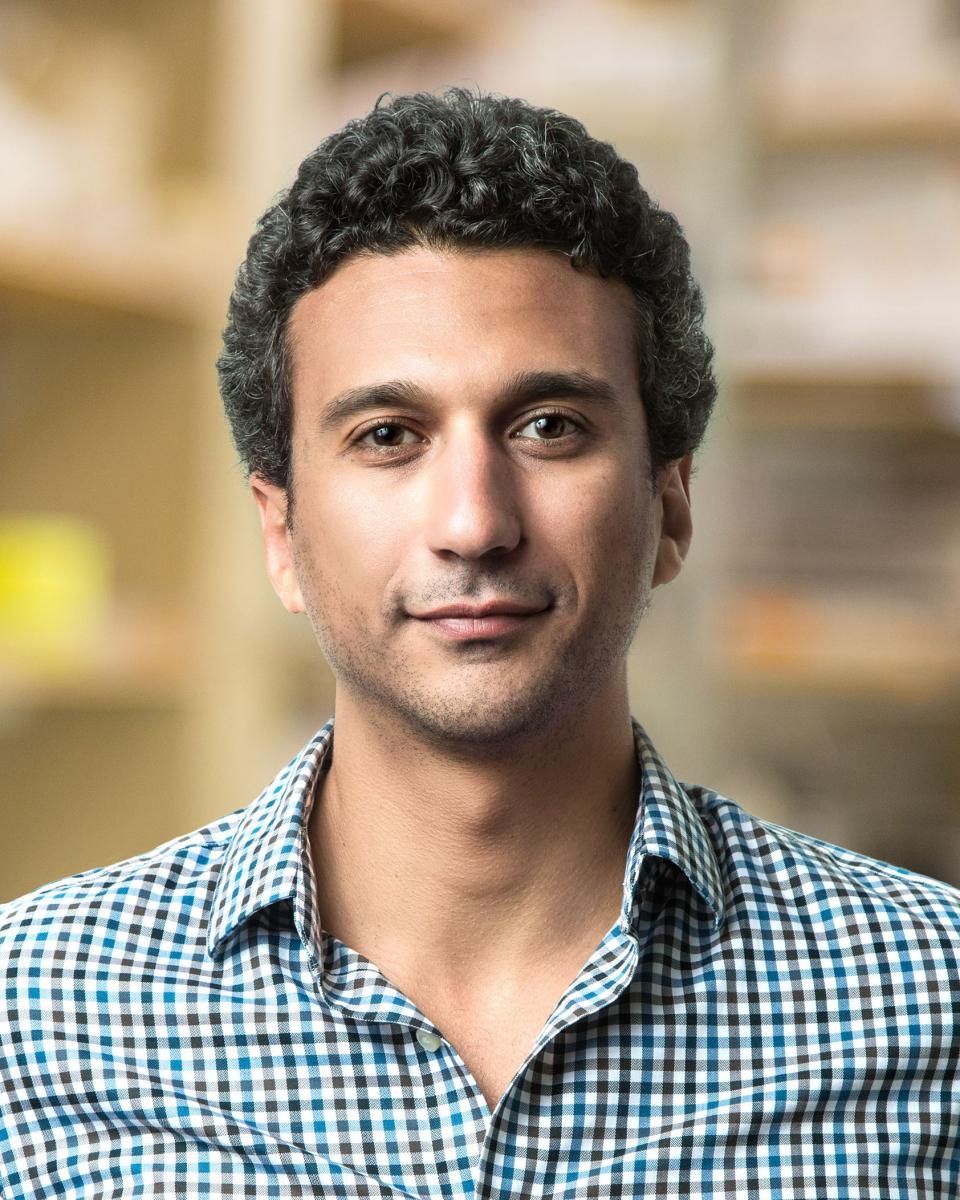
Eiman Azim, Ph.D.
Salk Institute for Biological Studies
Project Title: Neural Control of Skilled Movements: An Ethological Dissection of Genetically Tractable Mammalian Motor Circuits
Grant ID: DP2-NS105555
Eiman Azim is an Assistant Professor in the Molecular Neurobiology Laboratory at The Salk Institute for Biological Studies, and an Assistant Adjunct Professor in the UCSD Division of Biological Sciences, Section of Neurobiology. Dr. Azim received his B.S. and B.A. from Stanford University, and his Ph.D. in Neuroscience from Harvard University in the laboratory of Dr. Jeffrey Macklis, where he characterized molecular controls that establish the considerable neuronal and glial diversity of the neocortex. Dr. Azim then joined the laboratory of Dr. Thomas Jessell at Columbia University as a Howard Hughes Medical Institute Fellow of The Helen Hay Whitney Foundation, where he identified two spinal circuits that independently control the precision and stability of skilled limb movements. At the Salk Institute, his laboratory takes advantage of genetic and viral tools, anatomical analysis, electrophysiological recording, imaging and detailed motor behavioral tests to explore how neural circuits solve the many challenges of dexterous motor control. In addition to the NIH Director’s New Innovator Award, his lab is supported by the Searle Scholars Program, The Pew Scholars Program in the Biomedical Sciences, The Kathryn W. Davis Aging Brain Scholars Program and an NIH Pathway to Independence Award.
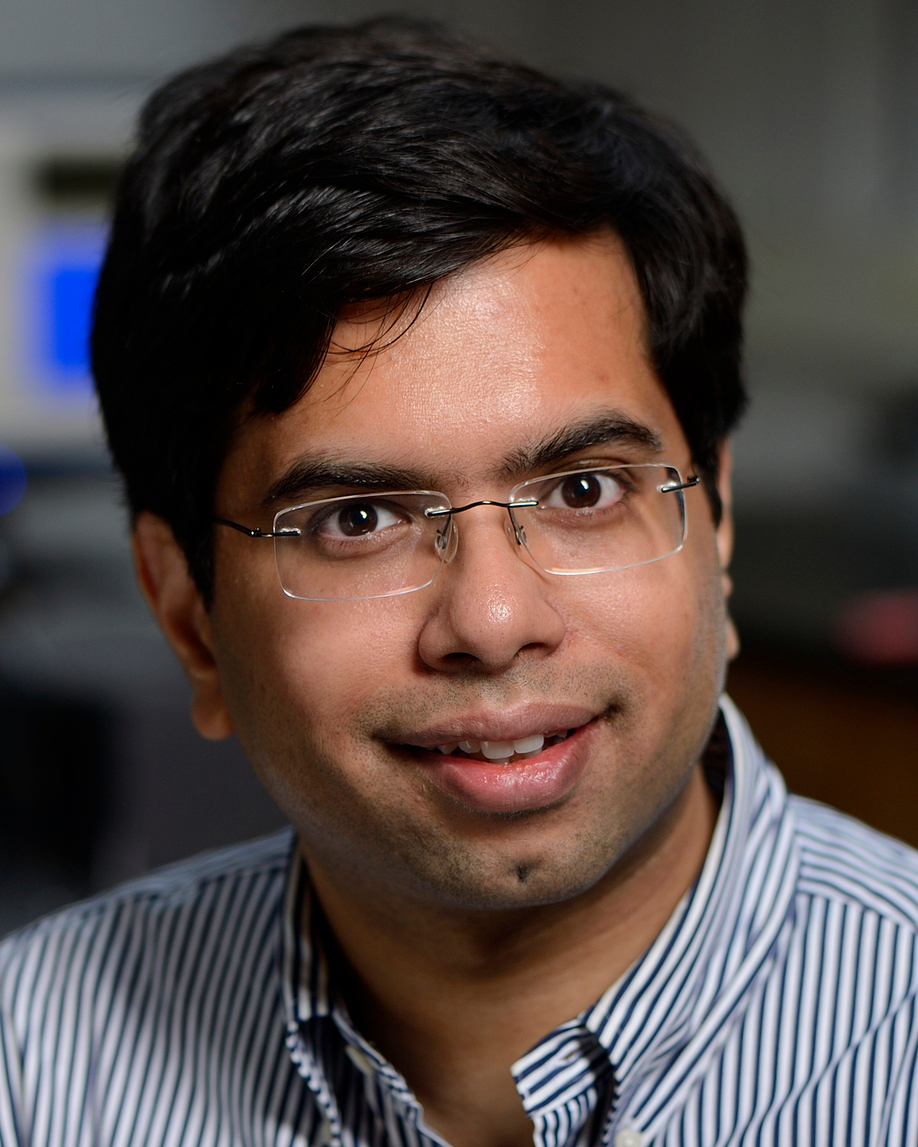
Ishan Barman, Ph.D.
Johns Hopkins University
Project Title: Spectroscopy Assisted Mechano-Chemical Phenotype Recognition Nanoscope
Grant ID: DP2-GM128198
Funded by the National Institute of General Medical Sciences
Ishan Barman is an Assistant Professor in the Department of Mechanical Engineering at the Johns Hopkins University with a joint appointment in Sidney Kimmel Comprehensive Cancer Center. He graduated from Indian Institute of Technology (Kharagpur) and then moved to Massachusetts Institute of Technology (MIT) for his Ph.D., where he investigated transdermal blood analyte monitoring using vibrational spectroscopy in the laboratory of Dr. Michael Feld. Following a postdoctoral stint at the Laser Biomedical Research Center at MIT, Dr. Barman established his independent group at the Johns Hopkins University in 2014. By combining optical spectroscopy, chemical imaging and nanoplasmonics, the Barman lab develops non-invasive approaches in which structural and molecular data converge to provide integrated insight into disease mechanisms. In addition to the NIH Director’s New Innovator Award, Dr. Barman has received the Outstanding Young Engineer award from the Maryland Academy of Sciences and the Dr. Horace Furumoto Innovations Young Investigator Award from the American Society for Laser Medicine and Surgery (ASLMS).
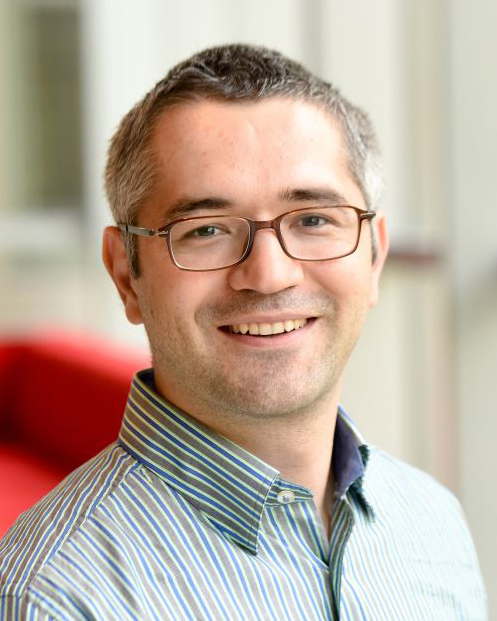
Kivanc Birsoy, Ph.D.
The Rockefeller University
Project Title: Dissecting Tumor Metabolic Heterogeneity In Vivo
Grant ID: DP2-CA228042
Kivanc received his Ph.D. from the Rockefeller University in 2009, where he studied molecular genetics of obesity in the laboratory of Jeffrey Friedman. In 2010, he joined the laboratory of David Sabatini at the Whitehead Institute of Massachusetts Institute of Technology (MIT). There, he combined forward genetics and metabolomics approaches to understand how different cancer types rewire their metabolism to adapt nutrient deprived environments. He also used similar approaches to study how mitochondrial dysfunction influences cellular metabolism. In 2015, Kivanc joined the Rockefeller faculty as an Assistant Professor. He is a recipient of NIH Career Transition Award, Irma Hirschl/Monique Weill-Caulier Trusts Award, Sidney Kimmel Cancer Foundation Scholar Award and AACR NextGen for Transformative Cancer Research Award. He has recently been named a March of Dimes Basil O'Connor and Searle Scholar.
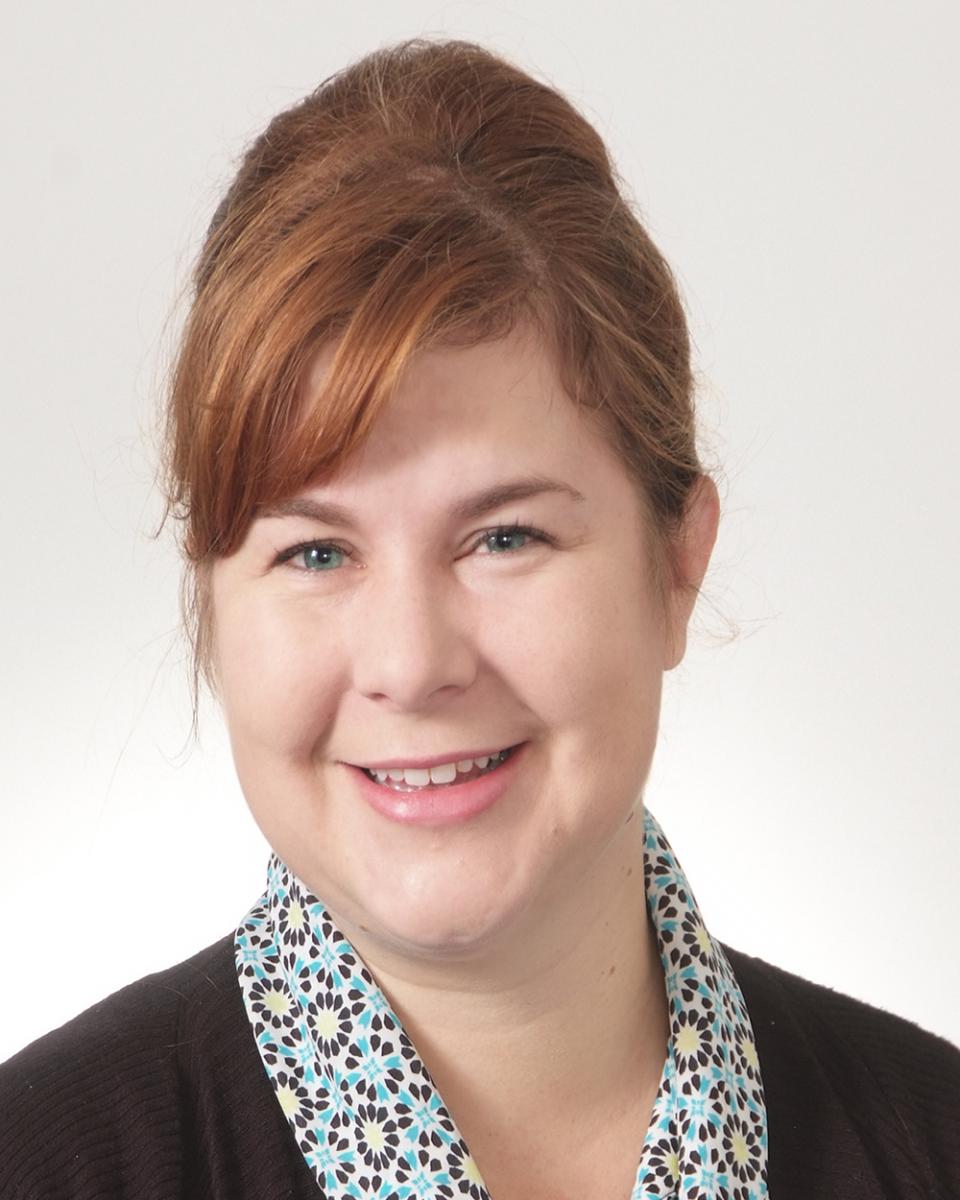
Jessica Blackburn, Ph.D.
University of Kentucky
Project Title: Harnessing Single Cell Technology to Define Self-Renewal in Normal and Malignant Stem Cells
Grant ID: DP2-CA228043
Jessica is an Assistant Professor in the Department of Molecular and Cellular Biochemistry and a member of the Markey Cancer Center at the University of Kentucky. She received her B.S. from Centre College in Danville KY, and Ph.D. in Biochemistry from the Geisel School of Medicine at Dartmouth, where she identified new roles for matrix metalloproteases as signaling molecules in cancer. During her post-doctoral fellowship at Harvard Medical School, Jessica used zebrafish models to dissect heterogeneity within tumors and identified new mechanisms of leukemia relapse. Jessica’s own lab continues to leverage zebrafish model systems to understand how pediatric cancers develop and relapse, with the goal of identifying new molecular targets for these diseases. Jessica was the recipient of the NIH Pathway to Independence Award in 2014, and receives support from the V Foundation for Cancer Research and St. Baldrick’s Childhood Cancer Research Foundation.

Paul C. Blainey, Ph.D.
Massachusetts Institute of Technology and Broad Institute of Harvard and MIT
Project Title: Live Cell Transcriptomics
Grant ID: DP2-HL141005
Dr. Blainey took degrees in mathematics and chemistry at the University of Washington in Seattle before joining Professors Gregory L. Verdine and X. Sunney Xie at the Department of Chemistry and Chemical Biology at Harvard University. There, Dr. Blainey elucidated the mechanics of proteins diffusing along DNA using single-molecule mechano-optical assays and earned a Ph.D. in Physical Chemistry. Dr. Blainey transitioned to Professor Stephen R. Quake’s group at Stanford University where he integrated active microfluidics, optical trapping, and new single-molecule microfluidic assays to enable single-cell microbial genomic sequencing. Since joining the Biological Engineering faculty at MIT and the Broad Institute Core faculty in 2012, Dr. Blainey has run a research group integrating microfluidic, molecular, and imaging tools to create practical, robust, and scalable solutions to major challenges in the biological sciences. In 2017, the Blainey group’s major efforts focus on sample preparation for next-generation sequencing, single-cell analysis, functional genomics, and drug discovery.
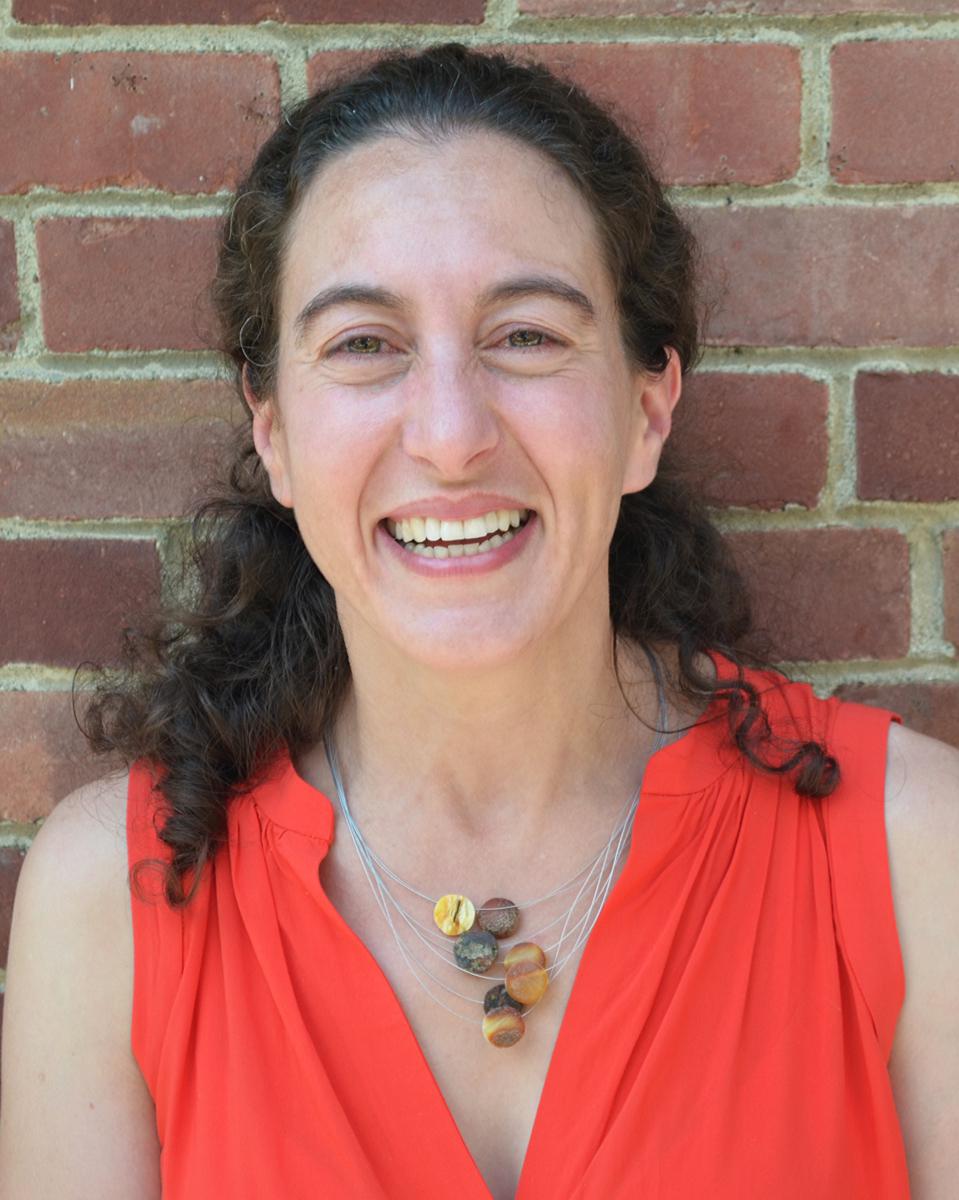
Ilana Brito, Ph.D.
Cornell University
Project Title: Systems-Level Perspectives of Horizontal Gene Transfer Within the Human Microbiome
Grant ID: DP2-HL141007
Ilana Brito is an assistant professor at the Meinig School of Biomedical Engineering at Cornell University. She received her bachelor’s degree from Harvard University and her doctorate from the Massachusetts Institute of Technology. As an Earth Institute Postdoctoral Fellow at Columbia University, she launched a large-scale study of the microbiomes of individuals living in agrarian communities in the Fiji Islands. She continued this research with Eric Alm at MIT, which included creating a de novo genomic assembly algorithm for terabyte-scale datasets, developing novel single-cell sequencing approaches, and characterizing the mobile gene content carried by commensal gut bacteria. At Cornell, her lab pioneers new experimental and computational technologies to understand gene flow in natural microbial communities and inform current efforts to combat antibiotic resistance. She is also a recipient of the Sloan Research Fellowship and Rainin Foundation Innovator Award.
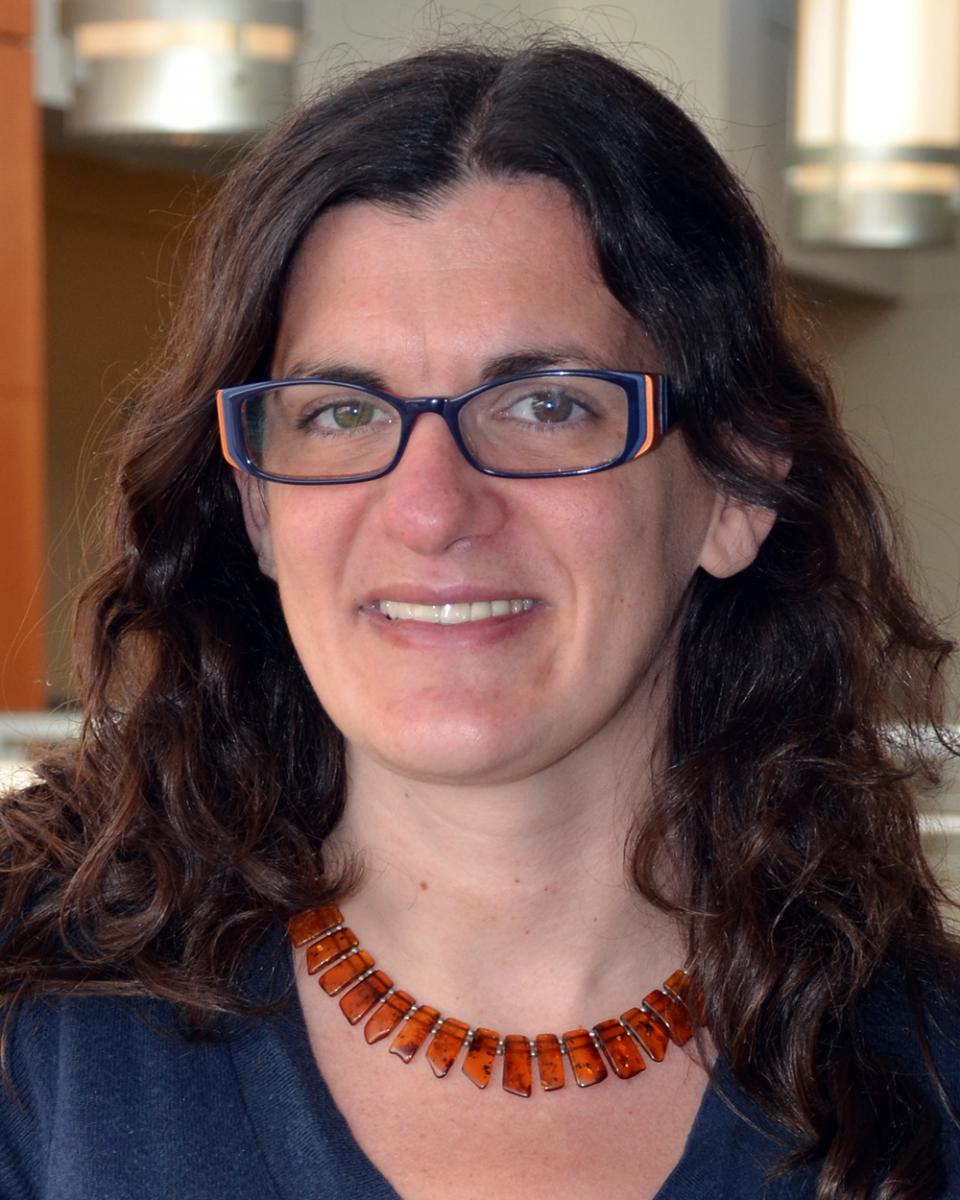
Sarah Calve, Ph.D.
Purdue University
Project Title: Defining the Mechanical Link that Unites the Musculoskeletal System During Limb Development
Grant ID: DP2-AT009833
Sarah Calve received her B.S. in Materials Science and Engineering from Cornell University, then a M.S. in Molecular, Cellular and Developmental Biology and a Ph.D. in Macromolecular Science and Engineering from the University of Michigan. Her doctoral research focused on the design and mechanical characterization of self-assembling constructs for musculoskeletal repair, under the guidance of Prof. Ellen Arruda. As a postdoctoral fellow at Northwestern University’s Children’s Memorial Hospital, Sarah investigated the role of extracellular matrix remodeling during newt limb regeneration. Since joining the Weldon School of Biomedical Engineering at Purdue University, Sarah’s laboratory has been developing novel methods to map the composition, organization and mechanical properties of the extracellular matrix during musculoskeletal development, repair and regeneration.
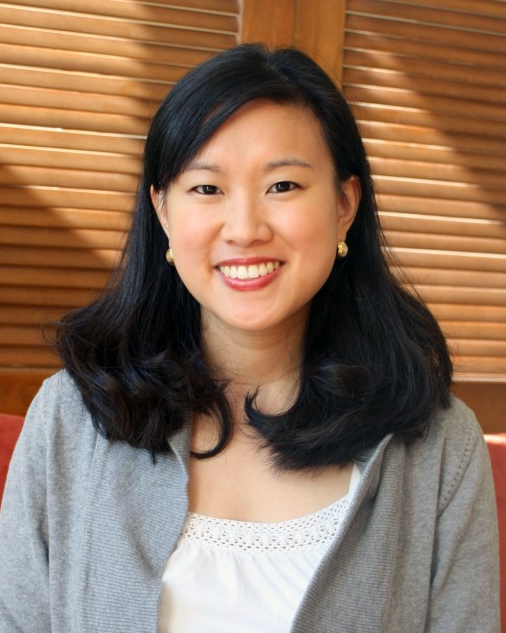
Lulu Cambronne, Ph.D.
Vollum Institute, OHSU
Project Title: Gatekeepers of Mitochondrial NAD+
Grant ID: DP2-GM126897
Lulu Cambronne’s research seeks to understand how metabolites impact cellular signaling and influence disease. The approach is to develop fluorescent biosensors for tracking the subcellular availability of specific metabolites. She received a Hon.B.Sc in Molecular Genetics from the University of Toronto, a Ph.D. with Wade Harper from the Division of Medical Sciences at Harvard University, and postdoctoral training under Richard Goodman in microRNA target identification and NAD+ biology at the Vollum Institute. Dr. Cambronne has been honored both at the pre-doctoral and post-doctoral levels with individual Kirschstein National Service Research Awards, Albert J Ryan and Samuel Lunenfeld Fellowships, Hillcrest Foundation Pilot Award and named the 2013 OHSU New Inventor of the year for her development and commercialization of the RISC-trap/miR-trap assay to empirically identify targets for specific microRNAs in cells. Lulu Cambronne joins the University of Texas Austin as an Assistant Professor in the Department of Molecular Biosciences and College of Natural Sciences in 2018.
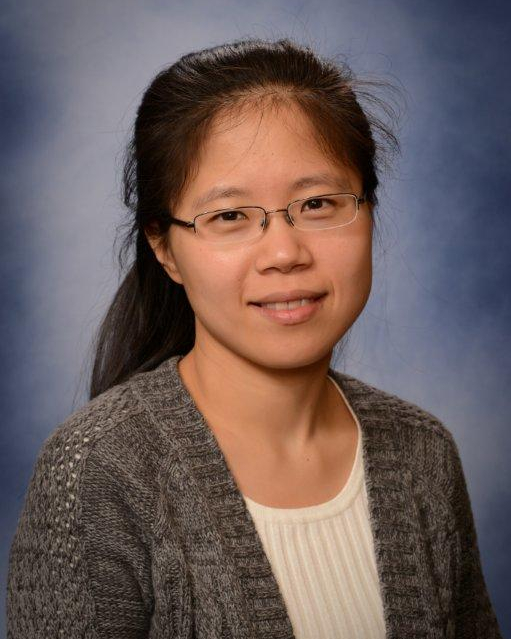
Zhilei Chen, Ph.D.
Texas A&M University
Project Title: Artificial Ecology Sink as Prophylaxis Against Viral Infection
Grant ID: DP2-AI136600
Zhilei Chen, currently an Associate Professor in the Microbial Pathogenesis and Immunology Department at the Texas A&M University, received her B.S. in Physics from the East China Normal University and completed her Ph.D. in Biophysics at the University of Illinois, Urbana-Champaign working with Huimin Zhao on the directed evolution of proteins as gene switches and precision DNA scissors for gene therapy. These works fostered her passion for biotherapeutics engineering and inspired her to join the laboratory of Charles Rice at the Rockefeller University for her postdoctoral studies where she developed high-throughput assays to identify small molecule antivirals against hepatitis C virus, an under recognized public health threat with a worldwide occurrence rate that is nearly five times that for HIV. Research in the Chen Medicinal Protein Lab integrates tools from protein engineering, e.g., phage display, yeast display, high-throughput screening, with those applied in virology, bacteriology and immunology with the goal of developing a new generation of protein-based therapeutics. Her current research program, which has been supported by a collection of grants including the United States Air Force Young Investigator and the NSF CAREER awards, centers on the engineering of antibody surrogate proteins, especially those that are compatible with high yield production by microbial recombinant expression hosts, for the treatment and/or prevention of viral (Zika, influenza, hepatitis) and bacterial (Clostridium difficile and pathogenic E. coli) infections. In addition to contemplating both the identity and the potential Achilles’ heel of the next high urgency emerging infectious agent, Zhilei enjoys reading, cooking, doing Yoga and working out with her trainer.
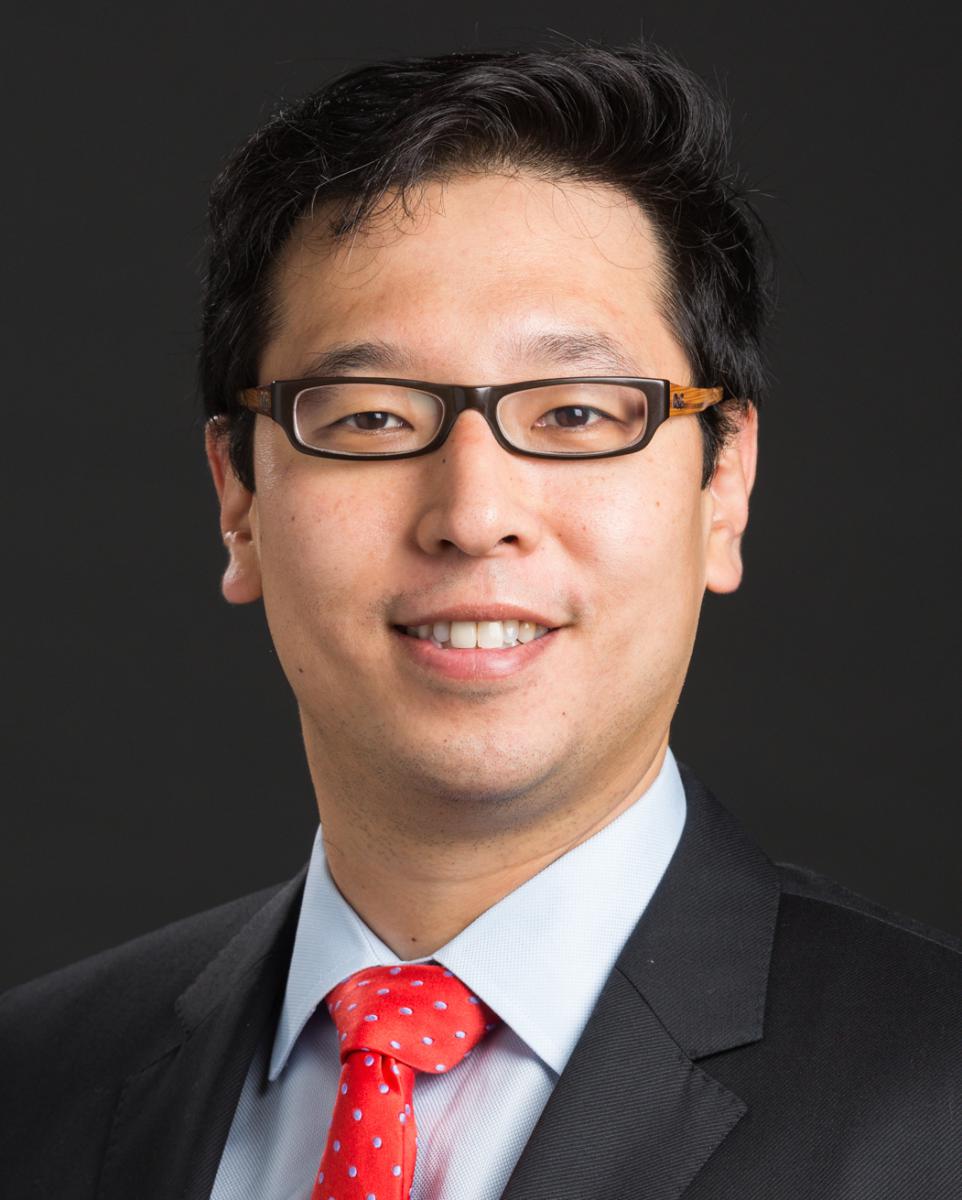
Jaehyuk Choi, M.D., Ph.D.
Northwestern University Feinberg School of Medicine
Project Title: Identifying Mechanisms Governing T Cell Diversity
Grant ID: DP2-AI136599
Jaehyuk Choi is the Ruth K. Freinkel Assistant Professor in the Department of Dermatology and the Department of Biochemistry and Molecular Genetics at the Northwestern University Feinberg School of Medicine in Chicago, IL. He received his A.B. in Biochemistry from Harvard and his M.D. Ph.D. degrees from the Yale School of Medicine. After clinical training in dermatology at Yale, he conducted his post-doctoral training first in functional genomics in Tian Xu’s lab and later in Richard Lifton’s lab where he employed next generation sequencing approaches to improve our understanding of the genetic basis of cutaneous T cell lymphoma and related diseases. As an independent investigator, his group seeks to understand how T cells integrate genetic, epigenetic, and immunological information in human health and disease. He is the recipient of the National Science Scholar Award, the AAD Young Investigator of the Year Award, the Leukemia Research Foundation New Investigator Award, and the Doris Duke-Damon Runyon Clinical Investigator Award.
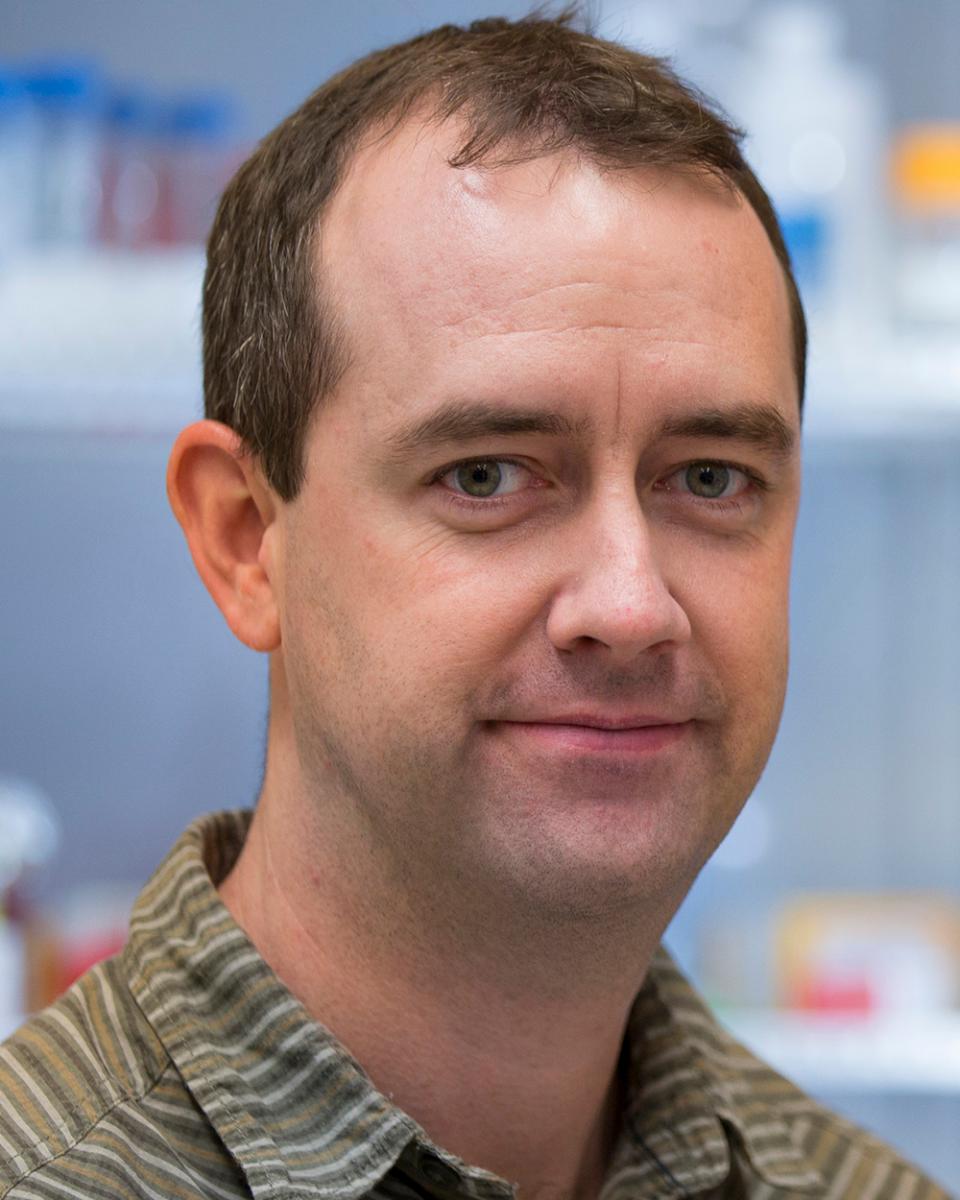
Sean R. Collins, Ph.D.
University of California, Davis
Project Title: Rewiring Control of Leukocyte Motility for Therapeutic Application
Grant ID: DP2-HD094656
Sean Collins is an Assistant Professor in the Department of Microbiology and Molecular Genetics at the University of California, Davis. He received a bachelor’s degree in Mathematics from Stanford University, and a Ph.D. from UCSF in Biochemistry and Molecular Biology, where he worked with Jonathan Weissman studying both yeast prions and large-scale genetic interaction maps. He then completed postdoctoral training as a Helen Hay Whitney Fellow with Tobias Meyer at Stanford University, where he developed new strategies for systematic genetic dissection of neutrophil chemotaxis. Dr. Collins started his own lab at UC Davis in 2014, where he and his team are working to understand information processing in the chemotaxis signaling network. In addition to the New Innovator award, he is a recipient of the Kimmel Scholar Award from the Sidney Kimmel Foundation for Cancer Research.

Jacob Corn, Ph.D.
Innovative Genomics Institute and University of California Berkeley
Project Title: Discovering Mechanisms that Regulate Organelle Autophagy
Grant ID: DP2-HL141006
Jacob Corn is the founding Scientific Director of the Innovative Genomics Institute and faculty at UC Berkeley. His research aims to better understand and treat disease through next-generation genome editing technologies. Jacob’s career has bridged academia and industry, with graduate work at UC Berkeley, a postdoc at University of Washington, and as a group leader position at Genentech. His research takes a multidisciplinary approach, combining cellular biochemistry, functional genomics, computational biology, bioengineering, and biophysics. In his spare time, Jacob enjoys long backpacking trips and rock climbing.
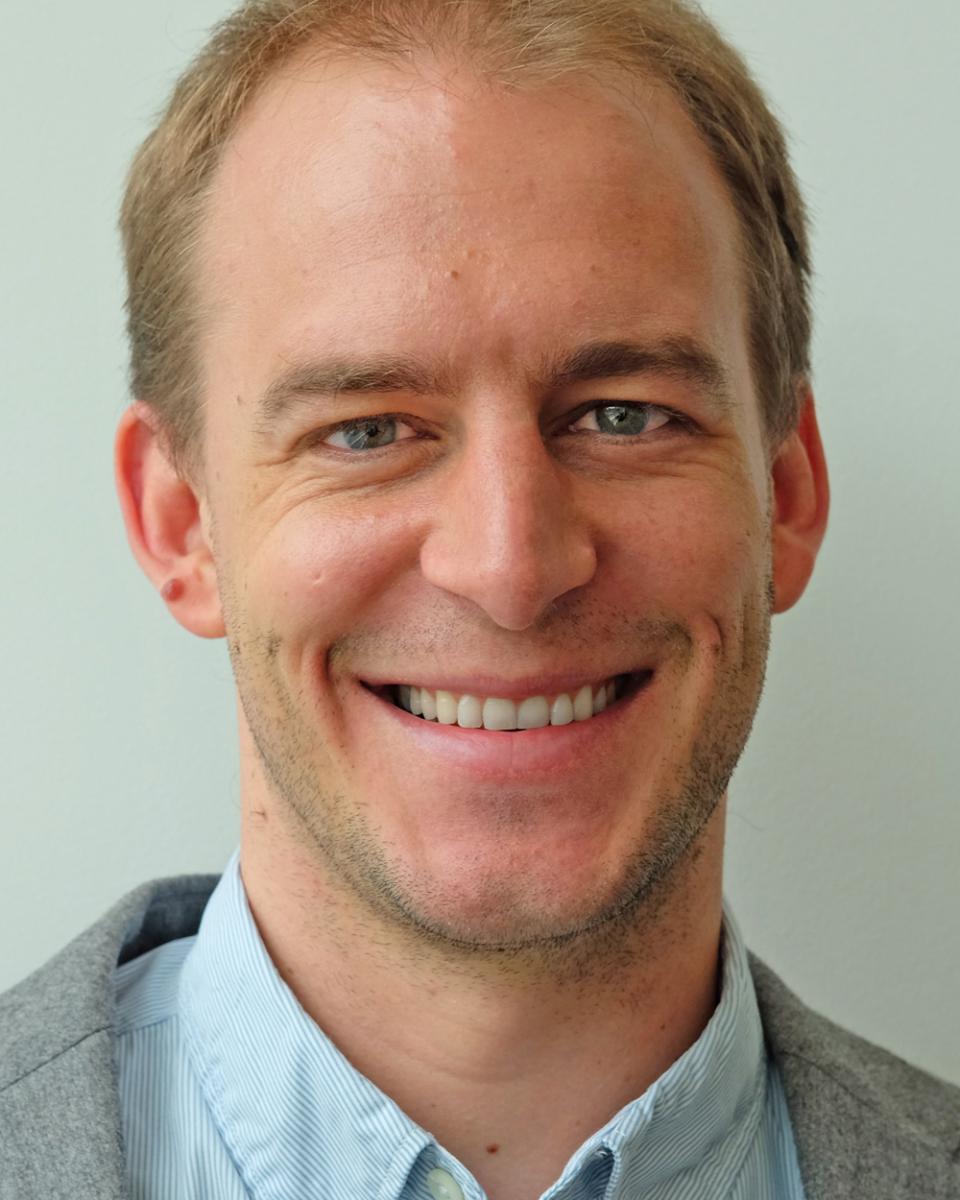
Iwijn De Vlaminck, Ph.D.
Cornell University
Project Title: Precision Monitoring of Kidney Transplants Via Single-Cell and Single-Molecule Sequencing
Grant ID: DP2-AI138242
Iwijn De Vlaminck is an Assistant Professor in the Nancy E. and Peter C. Meinig School of Biomedical Engineering at Cornell University. His laboratory is interested in the development of single molecule and single cell assays that can find application in diagnostic medicine, with a focus on immune-related complications and infectious diseases. Iwijn was a Postdoctoral Fellow with Dr. Stephen Quake at Stanford University, and Dr. Cees Dekker at the Delft University of Technology. He earned his Ph.D. from the KU Leuven in Leuven, Belgium.
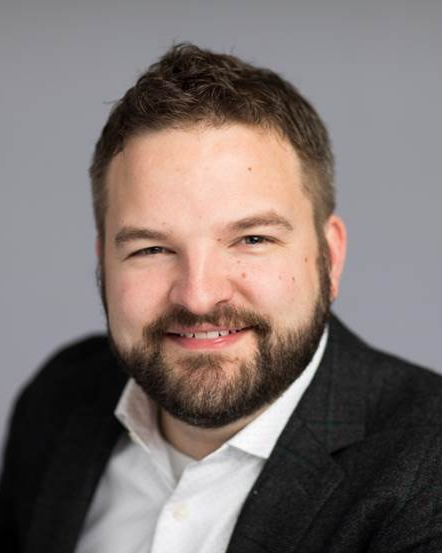
Greg M. Delgoffe, Ph.D.
University of Pittsburgh School of Medicine
Project Title: Exploring and Exploiting Metabolic Plasticity in Regulatory T Cells
Grant ID: DP2-AI136598
Dr. Delgoffe graduated with a Bachelor of Science from Western Michigan University prior to completing Ph.D training with Jonathan Powell at Johns Hopkins University School of Medicine. He completing postdoctoral training with Dario Vignali at St. Jude Children’s Research Hospital and started his lab in 2014 at the University of Pittsburgh in the Tumor Microenvironment Center. Dr. Delgoffe’s research focuses on how the altered metabolic environment of cancer can affect the infiltration and activity of immune cells, and how these alterations can impact the efficacy of immunotherapy. His NIA project focuses on immunosuppressive regulatory T cells, which display a phenotype of metabolic plasticity that allows them to thrive in nutrient poor microenvironments.
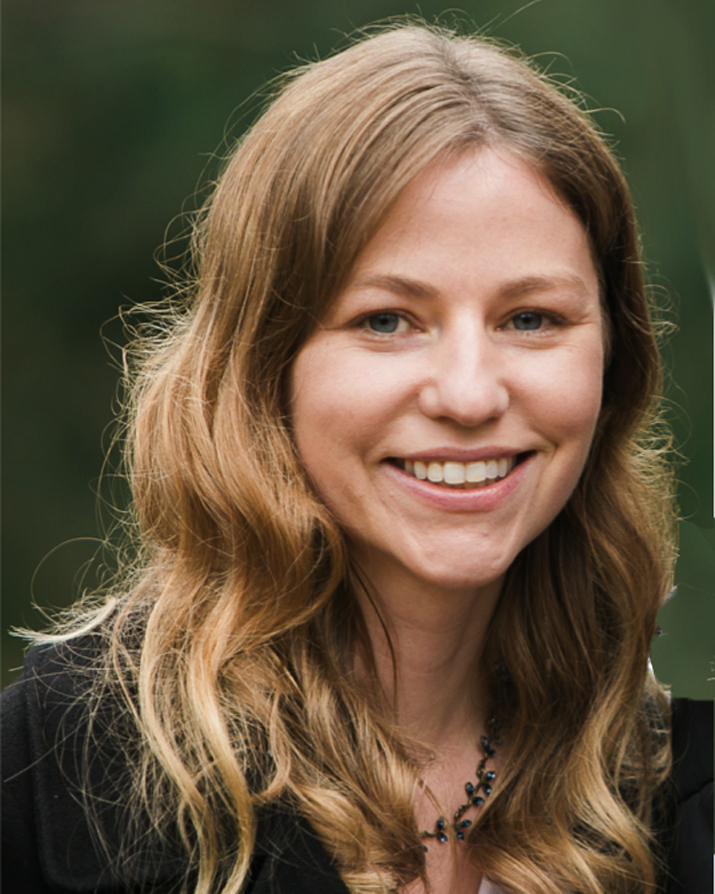
Emily Derbyshire, Ph.D.
Duke University
Project Title: Enabling Host Processes for Defense Against Liver Stage Malaria Infection
Grant ID: DP2-AI138239
Emily Derbyshire is an Assistant Professor of Chemistry and Molecular Genetics and Microbiology at Duke University. Her interdisciplinary research program designs and implements innovative chemical methods to explore complex biological processes in malaria parasites. Emily received her Ph.D. in Molecular and Cell Biology from the University of California at Berkeley where she worked with Prof. Michael Marletta to dissect mechanisms of enzyme dysfunction in cardiovascular disease. As a postdoctoral fellow with Prof. Jon Clardy at Harvard Medical School she developed a robust method to identify small molecule modulators of liver stage Plasmodium parasites. In addition to the NIH Director’s New Innovator Award, Emily is a recipient of the AAAS Marion Milligan Mason Award and the NIH Pathway to Independence Award.
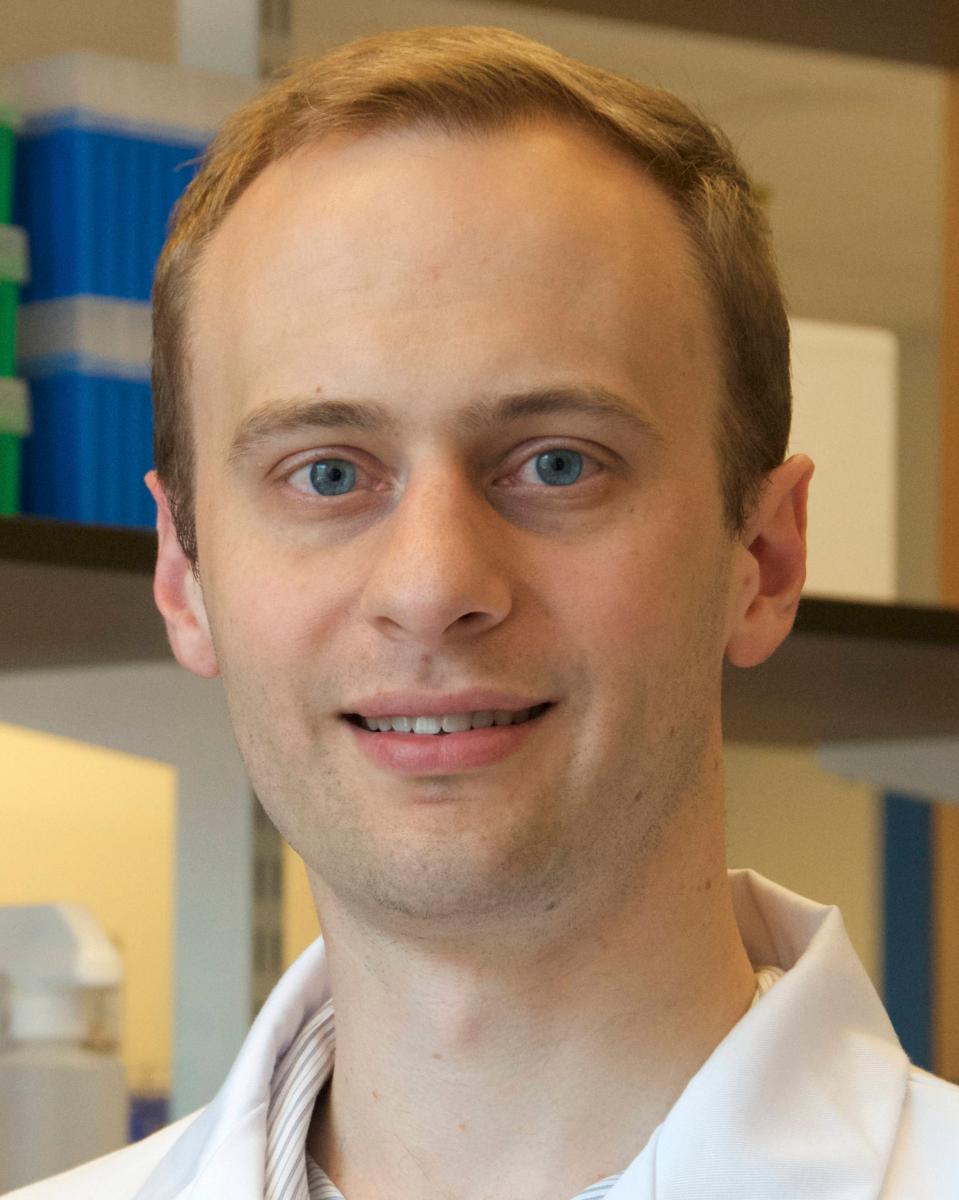
Kevin Esvelt, Ph.D.
Media Lab, Massachusetts Institute of Technology
Project Title: Developing Powerful Daisy Drive Systems for the Precise Alteration of Local Populations
Grant ID: DP2-AI136597
Kevin M. Esvelt is an assistant professor of the MIT Media Lab, where he leads the Sculpting Evolution Group in exploring evolutionary and ecological engineering. A graduate of Harvey Mudd College, Esvelt received his Ph.D. from Harvard University for inventing a synthetic microbial ecosystem to rapidly evolve useful biomolecules, and subsequently helped pioneer the development of CRISPR genome engineering. He was the first to identify the potential for CRISPR-based “gene drive” systems to alter wild populations of organisms, electing to call for open discussion and raise awareness of safeguards before demonstrating the technology in the lab. At MIT, his laboratory is developing safer “daisy drives” that only spread locally, ways of restoring populations to their original genetics, and community-guided genomic methods of preventing tick-borne disease. An outspoken advocate of open science to accelerate discovery and improve safety, Esvelt seeks to use gene drive as a catalyst to reform the scientific ecosystem.
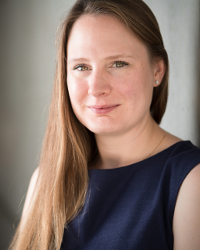
Emma Farley, Ph.D.
University of California San Diego
Project Title: Deciphering the Regulatory Principles Governing Enhancer Specificity
Grant ID: DP2-HG010013
Emma Farley is Assistant Professor at the University of California, San Diego. Her research group use high-throughput functional approaches within developing embryos to decipher how enhancers encode the instructions for successful development and to pinpoint enhancer mutations associated with disease. She received a Master’s in Biochemistry from Oxford University and a Ph.D. in Developmental Biology from the MRC London Institute of Medical Science under the guidance of Prof. Meng Li. Emma worked in Prof. Michael Levine’s lab at UC Berkeley and Princeton University as a postdoc, where she exploited the advantages of the model organism Ciona intestinalis (the sea squirt) for functional genomics. She developed cost-effective and scalable methods to create and functionally test millions of enhancer variants in every cell of a developing embryo. Her research enabled the first high-throughput dissection of an enhancer within whole developing embryos and revealed the unexpected property that enhancer features and organization must be sub-optimized to produce tissue-specific patterns of gene activity.
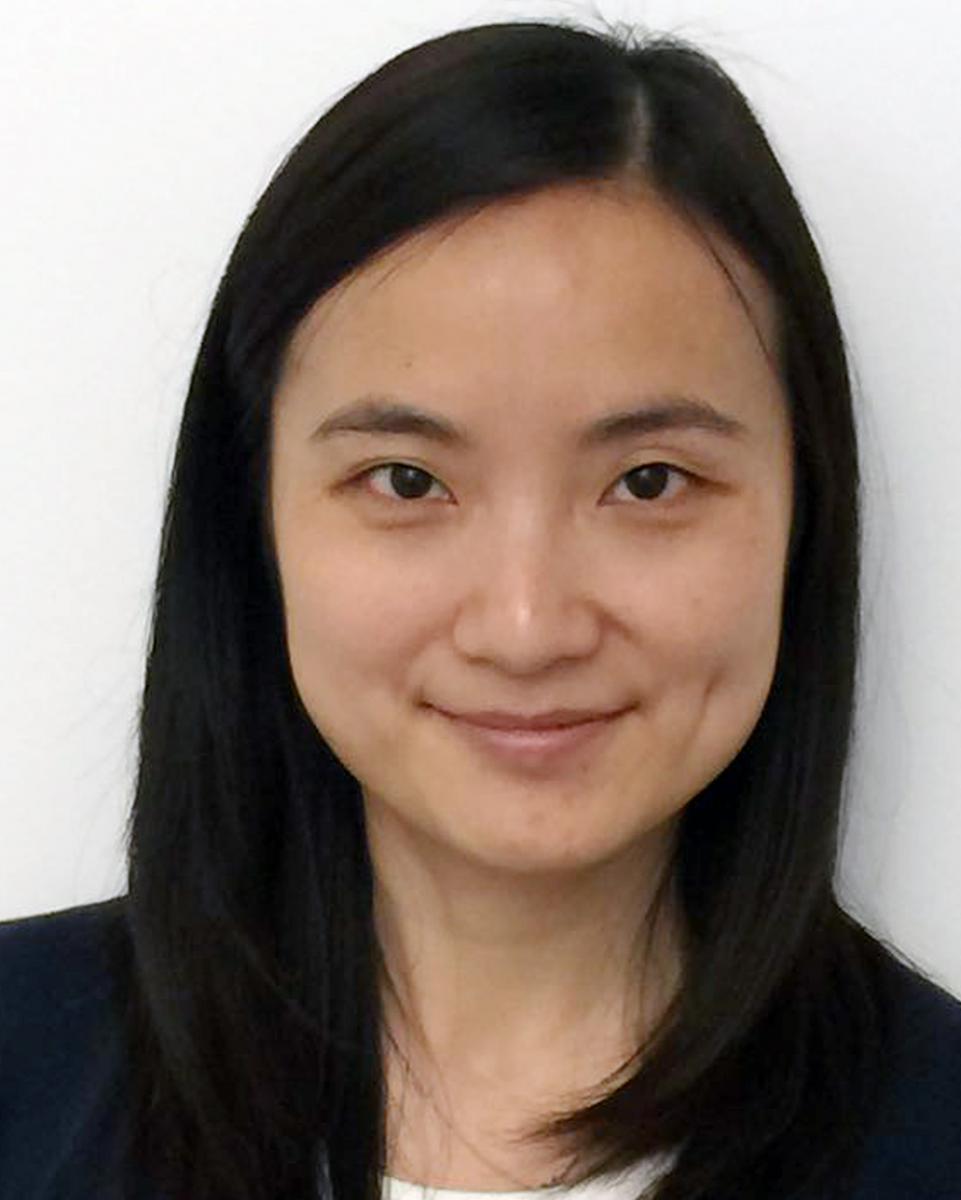
Jingyi Fei, Ph.D.
The University of Chicago
Project Title: Quantitative Imaging of Epitranscriptomic Regulation Mediated by RNA Modification
Grant ID: DP2-GM128185
Jingyi Fei is an Assistant Professor in the Department of Biochemistry and Molecular Biology and the Institute for Biophysical Dynamics at The University of Chicago since 2016. She received her B.S. in chemical physics at the University of Science and Technology of China, and Ph.D. in chemistry, supervised by Prof. Ruben Gonzalez, at Columbia University. She then joined Prof. Taekjip Ha’s group as a postdoctoral fellow in the NSF Center for the Physics of Living Cells at the University of Illinois, Urbana-Champaign. At The University of Chicago, her research has been focused on RNA-mediated gene regulations, including trans-acting small regulatory RNAs in bacterial systems, and RNA internal modifications in eukaryotic systems, with the development and application of new imaging methods. In addition to the New Innovator award, she was selected for one of the Searle Scholars in 2017.
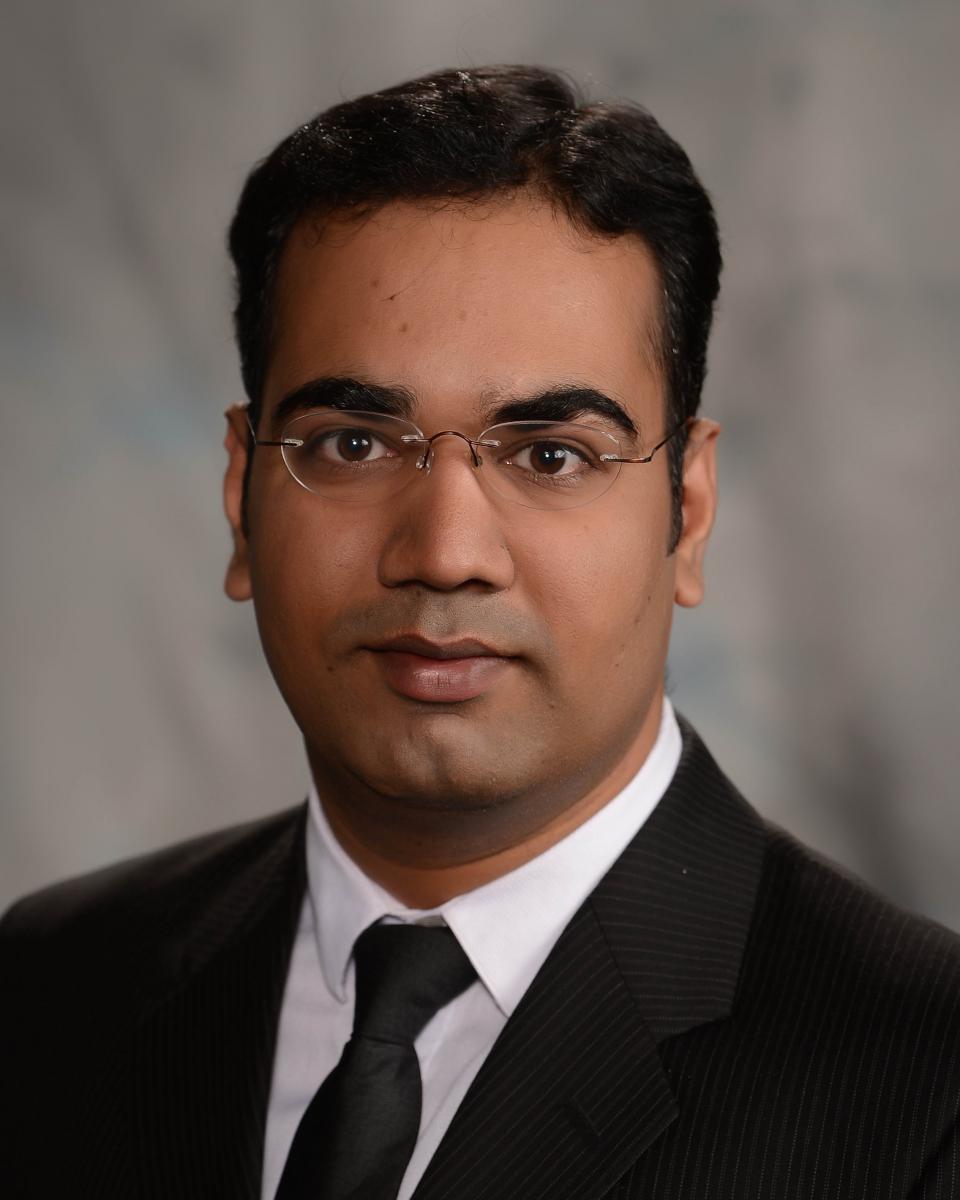
Akhilesh K. Gaharwar, Ph.D.
Texas A&M University
Project Title: Mineralomics: Designing Mineral Based Therapeutics to Control and Direct Cell Function
Grant ID: DP2-EB026265
Dr. Akhilesh K. Gaharwar is an assistant professor in the Department of Biomedical Engineering at Texas A&M University. He received his Ph.D. in Biomedical Engineering from Purdue University in 2011 and completed his postdoctoral training from Massachusetts Institute of Technology (MIT) and Harvard University. The goal of his lab is to understand the cell-nanomaterials interactions and to develop nanoengineered strategies for modulating stem cell behavior for repair and regeneration of damaged tissue. In particular, his lab is leveraging principles from materials science, stem cell biology, additive biomanufacturing and high throughput genomics to design nanoengineered biomaterials, with wide-ranging applications in the field of regenerative medicine. His lab has developed approaches to direct stem cells differentiation by modulating the biophysical and biochemical characteristics of nanoengineered biomaterials.
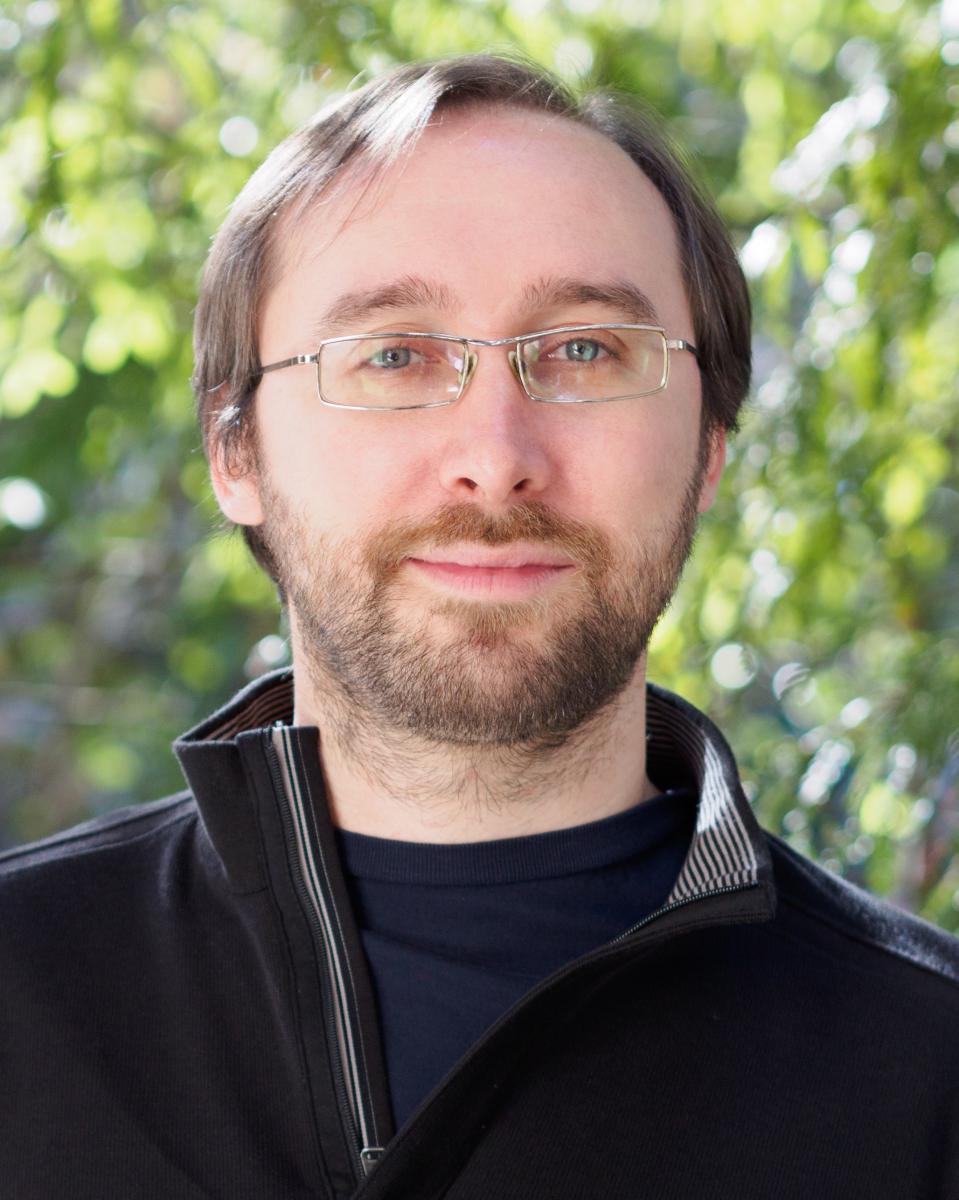
Hernan G. Garcia, Ph.D.
University of California Berkeley
Project Title: Lighting Up the Central Dogma in Embryonic Development
Grant ID: DP2-HD094655
Hernan G. Garcia received his B.S. in Physics from the University of Buenos Aires and a Ph.D. in Physics from the California Institute of Technology. As a graduate student, he worked with Rob Phillips on the theoretical and experimental dissection of gene regulatory circuits in the bacterium E. coli. As a Dicke Postdoctoral Fellow at Princeton University working with Thomas Gregor, he developed technology to visualize transcription in single cells within living embryos of the fruit fly D. melanogaster. In his lab at UC Berkeley, Hernan is combining theory, experiments, and new approaches for the visualization of the processes of the central dogma in development in order to uncover the quantitative rules that govern the formation of animal body plans. Hernan is a co-author of the textbook "Physical Biology of the Cell", and the recipient of the Burroughs Wellcome Fund Career Award at the Scientific Interface, the Sloan Research Fellowship and the Searle Scholars Award.
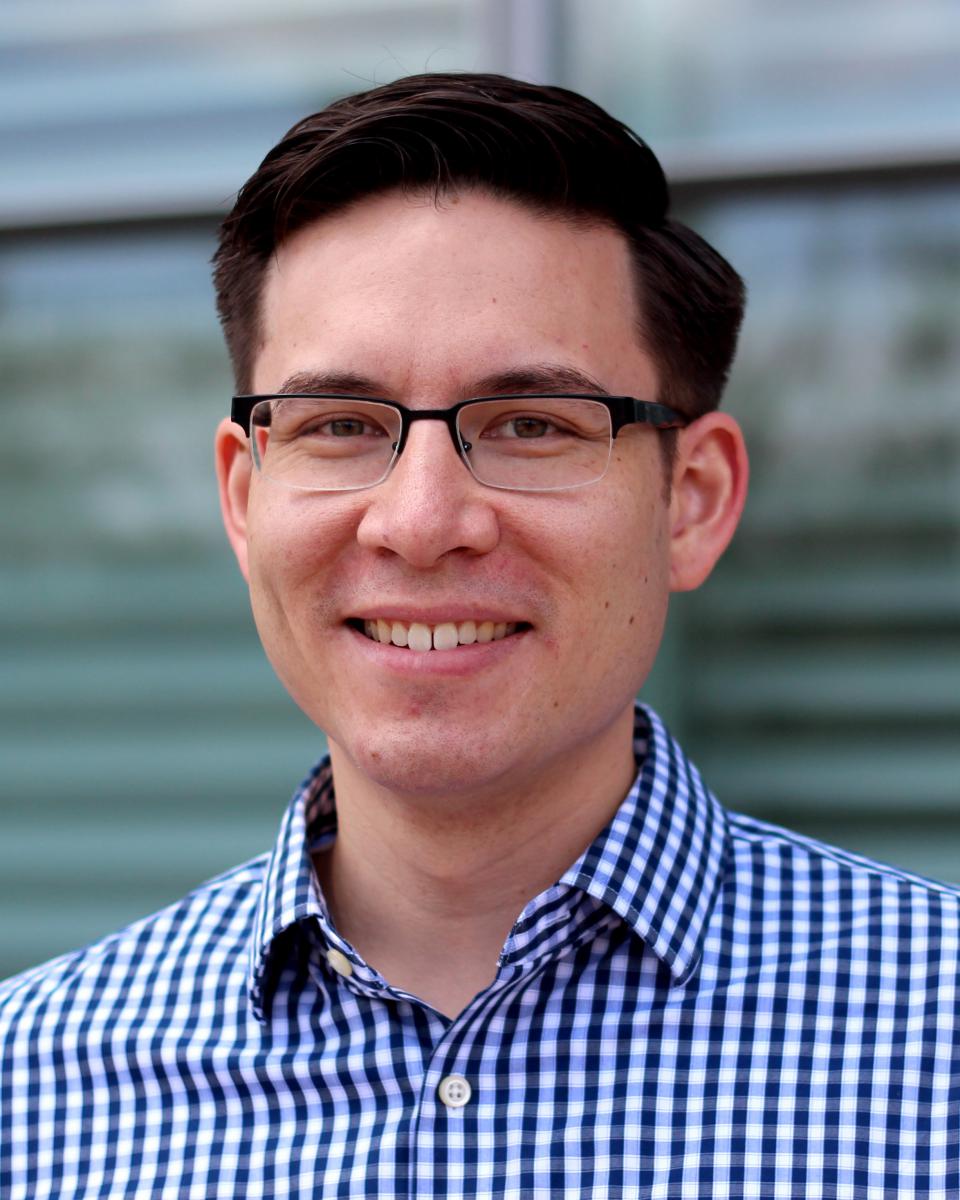
Alexander A. Green, Ph.D.
Arizona State University
Project Title: Molecular Fuses for Real-Time, Label-Free, Multiplexed Imaging of RNAs in Living Cells
Grant ID: DP2-GM126892
Alexander Green is an assistant professor in the Biodesign Center for Molecular Design and Biomimetics at the Biodesign Institute and the School of Molecular Sciences at Arizona State University. He obtained his B.A.Sc. in Engineering Science from the University of Toronto and his Ph.D. in Materials Science and Engineering from Northwestern University in the group of Dr. Mark Hersam, where he developed methods of separating carbon nanotubes and graphene according their physical and electronic properties. Dr. Green then conducted postdoctoral research at the Wyss Institute at Harvard University under the guidance of Dr. James Collins and Dr. Peng Yin where he devised synthetic riboregulators called toehold switches and co-developed methods of deploying them in low-cost diagnostics. Since starting his lab at Arizona State University in 2015, Dr. Green has established a research program exploring the intracellular and extracellular applications of computer-designed RNAs. Dr. Green is a 2017 Alfred P. Sloan Research Fellow in Computational and Evolutionary Molecular Biology and the recipient of a DARPA Young Faculty Award and an Arizona Biomedical Research Commission New Investigator Award.
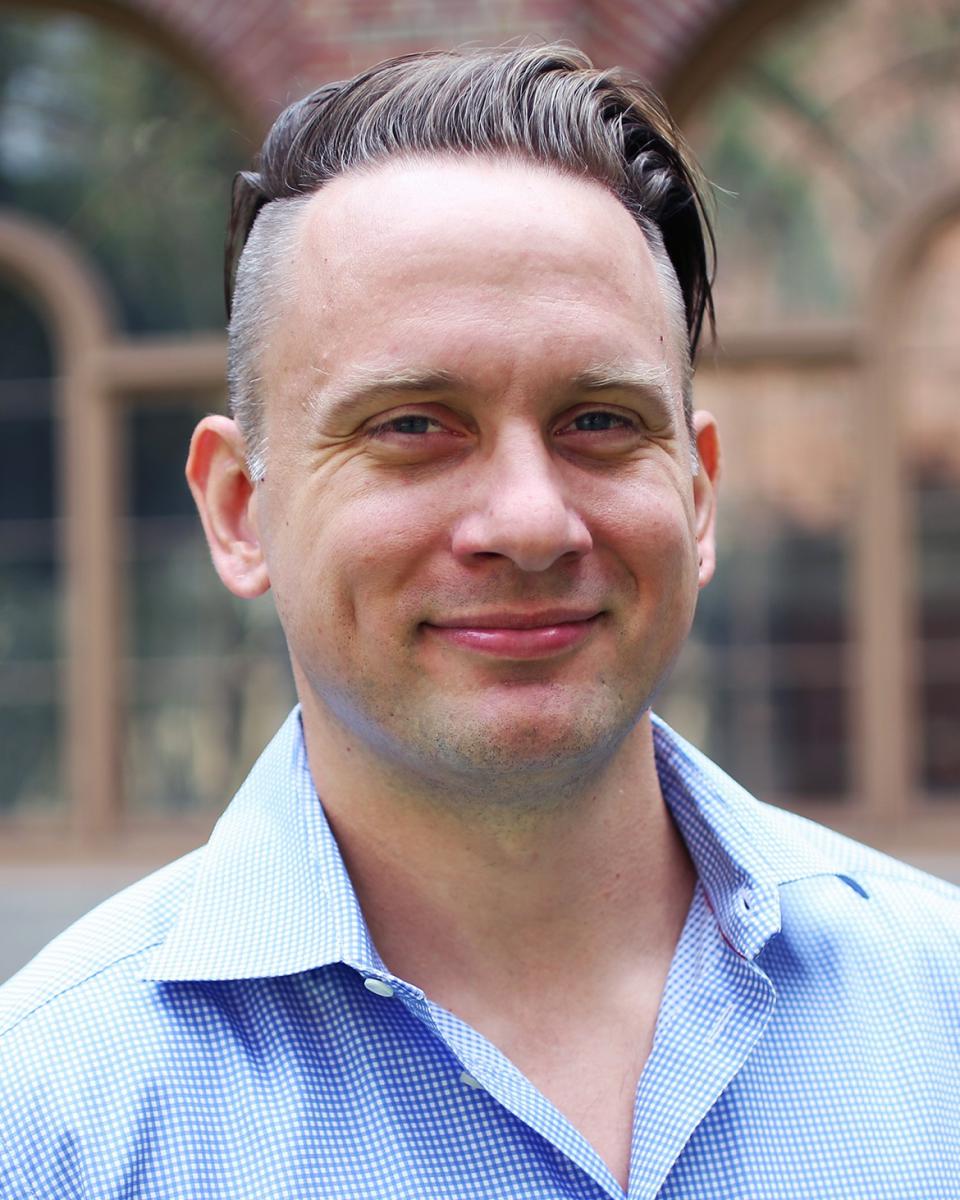
Samuel Andrew Hires, Ph.D.
University of Southern California
Project Title: New Approaches to Understanding Sensorimotor Learning and Perception
Grant ID: DP2-NS105554
Andrew Hires joined the faculty at the University of Southern California in 2014 as an Assistant Professor in the Neurobiology section of the Department of Biological Sciences. His lab develops new genetic tools for observing and manipulating patterns of neural activity with light, and deploys them to study how the brain integrates sensory and motor signals during learning of skilled behaviors. His scientific training began with a S.B. in Brain in Cognitive Sciences at MIT. His Ph.D. work under Roger Tsien at UC San Diego focused on developing genetically-encoded fluorescent indicators for neural activity. His postdoctoral research with Karel Svoboda and Loren Looger at Janelia Research Campus included development of new calcium indicators and investigation of the neural representation of touch and motion in mice.
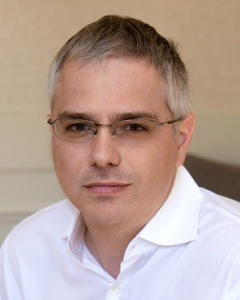
Edmund Hollis II, Ph.D.
Burke Neurological Institute and Weill Cornell Medicine
Project Title: Modulation of Cortical Networks, a New Approach to Spinal Cord Injury Rehabilitation
Grant ID: DP2-NS106663
Edmund Hollis is the Director of the Circuit Repair Laboratory at the Winifred Masterson Burke Medical Research Institute and an Assistant Professor of Neuroscience at the Feil Family Brain and Mind Research Institute at Weill Cornell Medicine. Edmund completed his B.Sc. in Biomedical Engineering with a minor in Neuroscience at the University of Southern California. He earned his Ph.D. in Neurosciences from the University of California, San Diego, where he trained with Mark H. Tuszynski, employing a gene therapy approach to increase the intrinsic regenerative potential of adult neurons. During his postdoctoral studies with Yimin Zou in the Division of Biological Sciences at the University of California, San Diego, he studied the extrinsic effects of developmental guidance molecules on both sensory and motor circuits after spinal cord injury. Edmund’s current research is focused on restoring sensory and motor function after injury through the reorganization of neural circuits.

Gary Hon, Ph.D.
University of Texas Southwestern Medical Center
Project Title: Combinatorial Biology of Gene Regulation for Cellular Engineering
Grant ID: DP2-GM128203
Funded by the National Institute of General Medical Sciences
Gary Hon received undergraduate degrees in computer science and molecular biology from the University of California, Berkeley. He completed graduate and post-doctoral training in the laboratory of Bing Ren at the University of California, San Diego, where he studied epigenetics and non-coding mammalian gene regulation. Since 2013, Gary is an assistant professor and CPRIT Scholar at the Green Center for Reproductive Biology and the Department of Obstetrics and Gynecology at the University of Texas Southwestern Medical Center. His research program aims to develop a predictive and functional understanding of the non-coding genome, which will elucidate how these regions can be specifically targeted for genomic medicine.
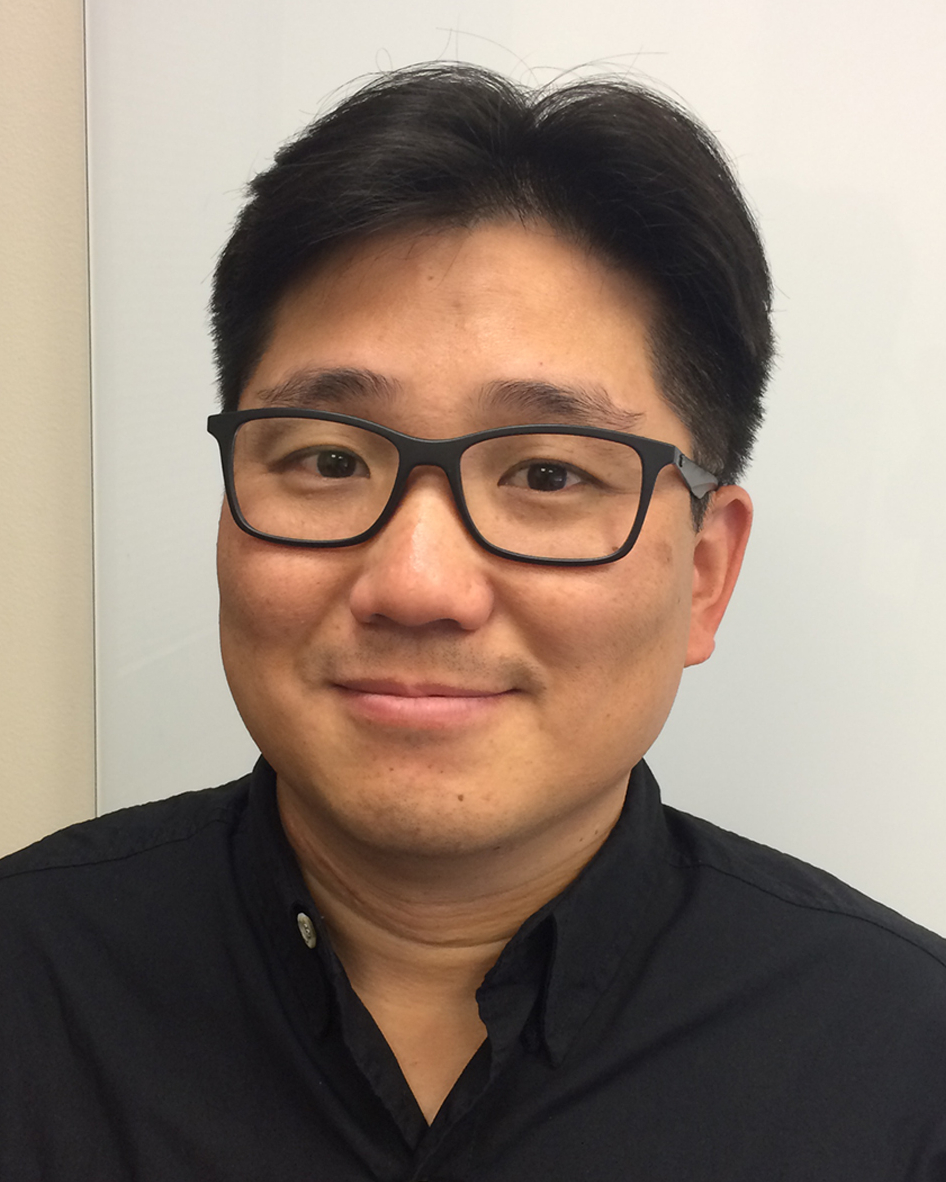
Seungmin Hwang, Ph.D.
The University of Chicago
Project Title: Targeting by Autophagy Proteins for Anti-Tumor Immunity
Grant ID: DP2-CA225208
Seungmin Hwang is an Assistant Professor in the Department of Pathology at the University of Chicago and a recipient of Cancer Research Foundation Young Investigator Award and The Brinson Foundation Junior Investigator Award. He received his B.S. and M.S. from Korea Advanced Institute of Science and Technology and his Ph.D. from University of California, Los Angeles. During his doctoral training under the mentorship of Dr. Ren Sun, he studied how gamma-herpesviral genes antagonize type I interferon and autophagy pathways. During his postdoctoral training under the mentorship of Dr. Herbert “Skip” Virgin at Washington University in St. Louis, he studied how the host and pathogens utilize the evolutionarily conserved autophagy pathway/proteins for their own benefits in both degradative and non-degradative ways. The focus of his research group has been understanding the function of the ubiquitin-like conjugation system of the autophagy pathway in sensing and destroying the vacuole-like shelters of intracellular pathogens, expanding this research subject into antitumor immunity.
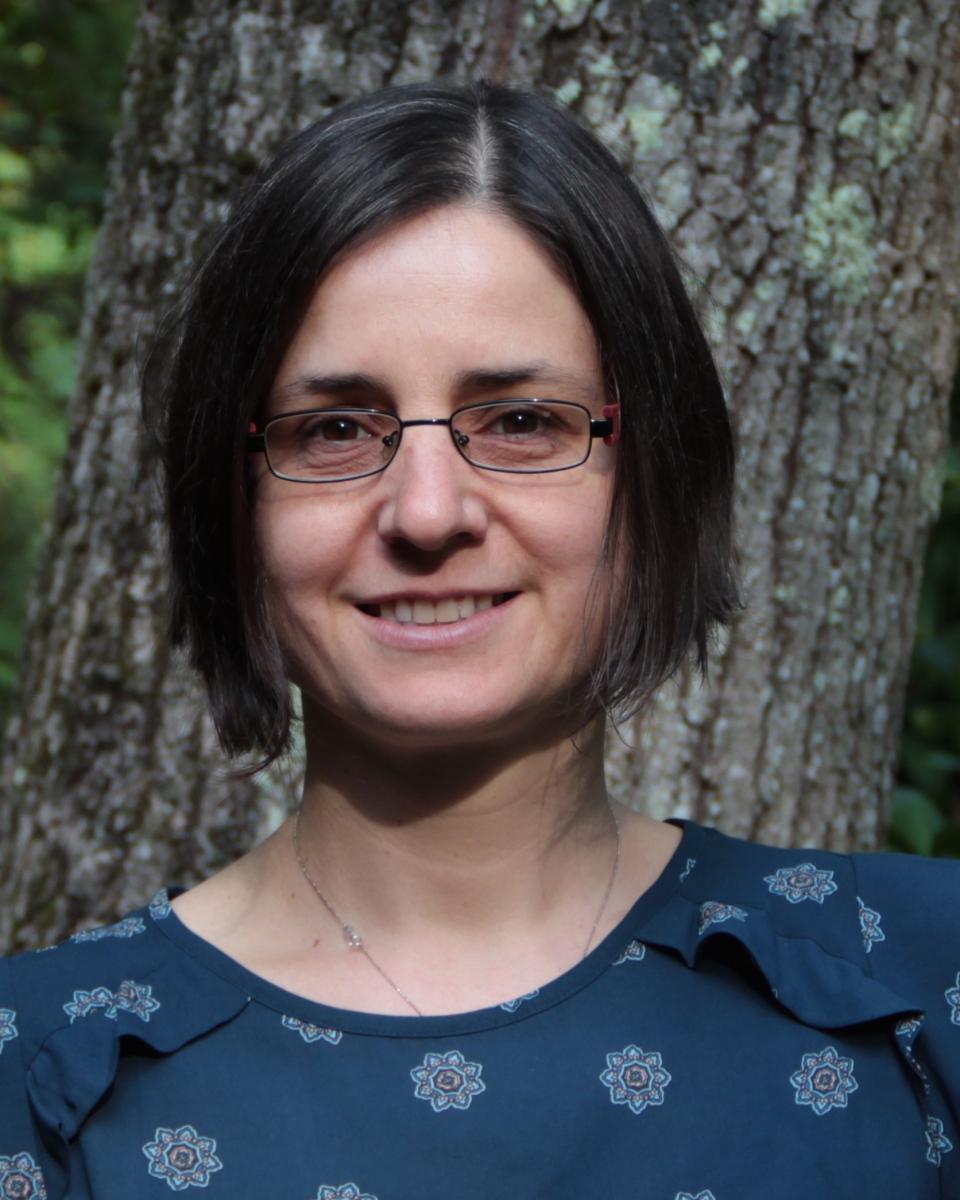
Tijana Ivanovic, Ph.D.
Brandeis University
Project Title: Building Mechanistic Insight into Evolvability of Viral Cell-Entry Functions
Grant ID: DP2-GM128204
Funded by the National Institute of General Medical Sciences
Tijana Ivanovic was born in Serbia (former Yugoslavia), where she attended the Mathematics Gymnasium and where talented teachers inspired in her a love for biology as well as interest in the mathematical sciences and computing. She earned a Bachelor of Science in Microbiology and Molecular Genetics from UCLA in 1999, a Ph.D. in Virology from Harvard University in 2008, and carried on postdoctoral work with Steve Harrison (Harvard University), funded in part by a L’Oreal Fellowship for Women in Science, developing single-particle methods based in TIRF microscopy for studying virus membrane fusion. Now as an Assistant Professor at Brandeis University, she seeks to define the fundamental principles of viral functional evolution under external pressure using experimental techniques that combine biochemical assays with novel microscopy techniques, and computer simulation to verify experiment-derived models. Her previous and current work has spanned HIV, reovirus and influenza. Tijana believes that deep mechanistic understanding of virus function that can come from advanced techniques is at the cusp of delivering breakthroughs in our understanding of how to combat viruses that are a major threat to the human population.
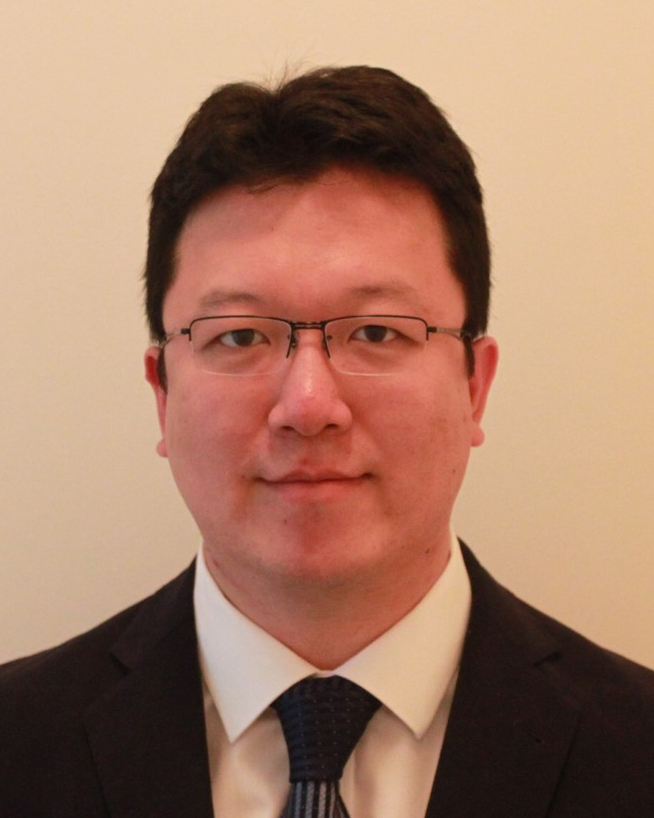
YongTae Kim, Ph.D.
Georgia Institute of Technology
Project Title: Probing the Functional Heterogeneity of High-Density Lipoprotein Using Physiological Biomimicry
Grant ID: DP2-HL142050
YongTae “Tony” Kim is an Assistant Professor of the George W. Woodruff School of Mechanical Engineering at Georgia Institute of Technology. He received his B.S. and M.S. in Mechanical Engineering from Seoul National University and his Ph.D. in Mechanical Engineering from Carnegie Mellon University. Before joining Carnegie Mellon, he was a research engineer in areas of dynamics, controls, and robotics at R&D Divisions of Hyundai-Kia Motors and Samsung Electronics for 6 years. He was a Postdoctoral Associate in the David H. Koch Institute for Integrative Cancer Research at MIT before he joined the Woodruff School in 2013. At Georgia Tech, Tony is leading an interdisciplinary research group that focuses on the development of bioinspired nanomedicines and biomimetic microengineering technologies for accelerating the discovery and translation of drug-loaded nanoparticles or nanomedicines. He received the National Science Foundation CAREER Award in 2017 and American Heart Association National Scientist Development Grant in 2015. He was selected as a distinguished panel speaker in multidisciplinary biomimetic engineering for the Annual Beckman Scholars and Young Investigators Symposium in 2014. He has filed over 20 patent applications worldwide including 9 US patents.
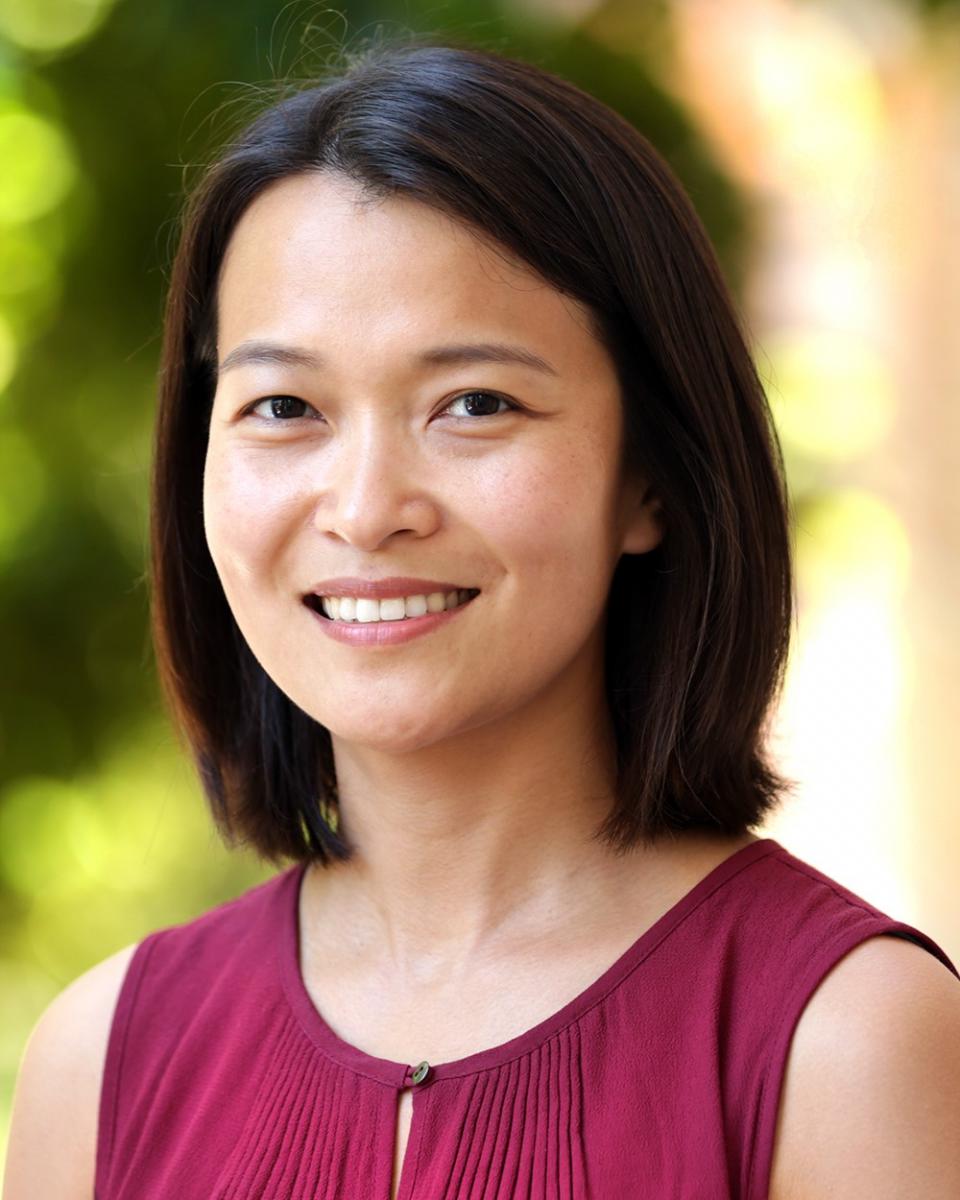
Bo Li, Ph.D.
University of North Carolina at Chapel Hill
Project Title: Mining Genomes for Synergistic Antibiotics
Grant ID: DP2-HD094657
Bo Li earned her B.S. in biological sciences from Beijing University in 2004 and her Ph.D. in biochemistry from the University of Illinois at Urbana-Champaign in 2009. As a graduate student, she worked with Prof. Wilfred van der Donk, studying the enzymatic transformations responsible for making lanthionine-containing peptides. She conducted postdoctoral research in the laboratory of Prof. Christopher T. Walsh at Harvard Medical School as a Jane Coffin Childs Fellow, using chemical and microbial genetic tools to characterize the biosynthesis and mode of action of antibiotics. Bo Li joined the faculty of the Department of Chemistry at the University of North Carolina at Chapel Hill in 2013. Li’s group employs bacterial genomics and metabolomics as enabling technologies to identify novel antibiotics, and unravels the mechanisms by which these antibiotics inhibit resistant microbes. She has received a National Institutes of Health Pathway to Independence Award, a Rita Allen Foundation Scholars Award, a Packard Fellowship in Science and Engineering, and a National Science Foundation CAREER award.
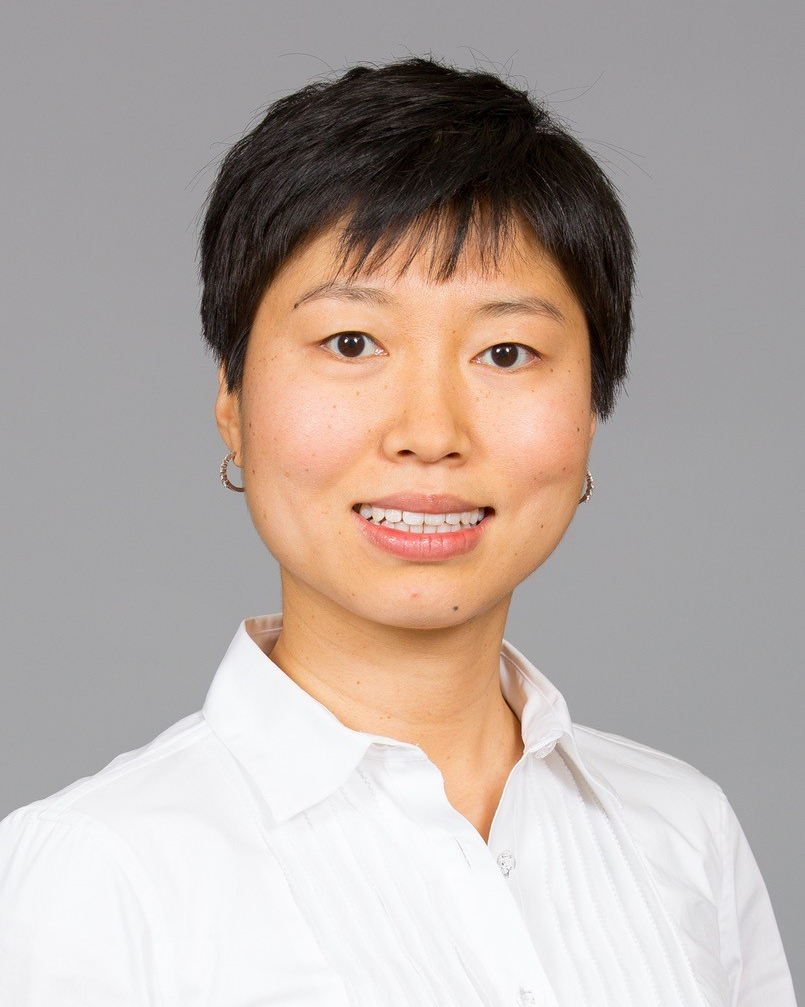
Lingyin Li, Ph.D.
Stanford University School of Medicine
Project Title: Chemical Biology of Innate Immunity for Treating Cancer and Autoimmunity
Grant ID: DP2-CA228044
Lingyin Li is an Assistant Professor in the Department of Biochemistry and the ChEM-H Institute at Stanford University. Her lab uses chemical biology to uncover biochemical mechanisms in innate immunity and, in parallel, develop therapeutic hypotheses and lead compounds. She received a B.En. from School of Chemistry and Materials Science at University of Science and Technology of China. She went on to obtain a Ph.D. in Chemistry from University of Wisconsin-Madison and trained with Laura Kiessling in chemical biology. For her postdoctoral training, she worked with Timothy Mitchison at Harvard Medical School on cancer biology and innate immunology. She is the recipient of a Jane Coffin Childs Fellowship, a Pathway to Independence Award from the NIH, and a Baxter Faculty Scholarship.
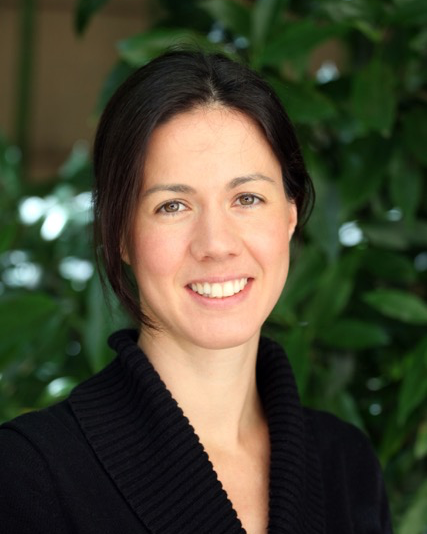
Eleni Linos, M.D., Dr.P.H.
University of California San Francisco
Project Title: Targeted Advertising for Cancer Prevention
Grant ID: DP2-CA225433
Eleni Linos is dually trained in public health and dermatology. After medical school at Cambridge and Oxford Universities in the UK, she completed a master’s and a doctorate degree in Epidemiology at Harvard, where she gained substantial quantitative skills analyzing large cohort study data. She completed Dermatology residency at Stanford, before joining the faculty at UCSF. Her training and clinical experience motivated her to think broadly about ways to tackle the growing problem of skin cancer – both by developing innovative prevention strategies and by improving the care patients receive. Her current work aims to radically shift our approach to disease prevention using online advertising, social media and smartphone technology.
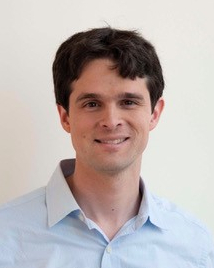
Evan Macosko, M.D., Ph.D.
Broad Institute of MIT and Harvard, Massachusetts General Hospital
Project Title: Slide-Seq: High-Resolution In Situ Expression Profiling for Neuropathology
Grant ID: DP2-AG058488
Evan Macosko is a principal investigator in the Stanley Center for Psychiatric Research at the Broad institute, and an Assistant Professor of Psychiatry at Harvard Medical School. His research focuses on developing and leveraging new technologies in genomics to characterize pathophysiological mechanisms in neuropsychiatric diseases. As a postdoc in Steven McCarroll’s lab at Harvard Medical School, he developed a new method, Drop-seq, for performing highly parallel gene expression analysis of single cells from complex neural tissues. He completed a psychiatry residency at MGH and McLean Hospital, and is currently an attending psychiatrist at MGH. He holds a Ph.D. in Neuroscience and Genetics from Rockefeller University, and an M.D. from Weill Cornell Medical College.

Nikhil S. Malvankar, Ph.D.
Yale University
Project Title: Targeting Bacterial Infections by Imaging Electrical Interactions Between Host Surface Pathogens
Grant ID: DP2-AI138259
Nikhil Malvankar is an Assistant Professor of Molecular Biophysics and Biochemistry at Yale, and a faculty member of the Microbial Sciences Institute at Yale’s West Campus. He leads an interdisciplinary team to develop novel technologies to define the mechanisms by which microbes interact with and manipulate their environment. The ultimate goal of his research is to engineer these interactions to control microbial pathophysiology and ecology. He completed Ph.D. in Biophysics at University of Massachusetts, Amherst under the mentorship of Dr. Mark Tuominen, followed by postdoctoral training in Microbiology with Dr. Derek Lovley. He has received the Hartwell Foundation Individual Biomedical Research Award in 2016, Charles H. Hood Foundation Child Health Research Award in 2015 and the Burroughs Wellcome Fund Career Award at the Scientific Interface in 2014.

Raymond Moellering, Ph.D.
University of Chicago
Project Title: Targeting Transcription with Synthetic Biologics
Grant ID: DP2-GM128199
Funded by the National Institute of General Medical Sciences
Raymond Moellering is an Assistant Professor in the Department of Chemistry at the University of Chicago. He obtained Bachelor's degrees in Chemistry and Biochemistry & Molecular Biophysics from the University of Arizona before moving to Harvard University, where he earned a Ph.D. in Chemistry in Greg Verdine’s laboratory developing stabilized peptidomimetics targeting protein-protein interactions. He then joined Dr. Ben Cravatt’s laboratory at The Scripps Research Institute as a Damon Runyon Postdoctoral Fellow where he worked on integrating metabolomic and proteomic technologies to discover new types of metabolic regulatory mechanisms in disease. Ray started his independent research program at UChicago in 2015, where his laboratory is focused on developing new chemical tools and technologies to study complexity and dynamics in the proteome, thus illuminating causal pathways in disease as well as novel therapeutic strategies to target them. In addition to the Director’s New Innovator Award, Ray’s work has been recognized by the Dale F. Frey Award for Breakthrough Scientists from the Damon Runyon Cancer Research Foundation, the NIH Pathway to Independence Award, and the V Scholar Award from the V Foundation for Cancer Research.
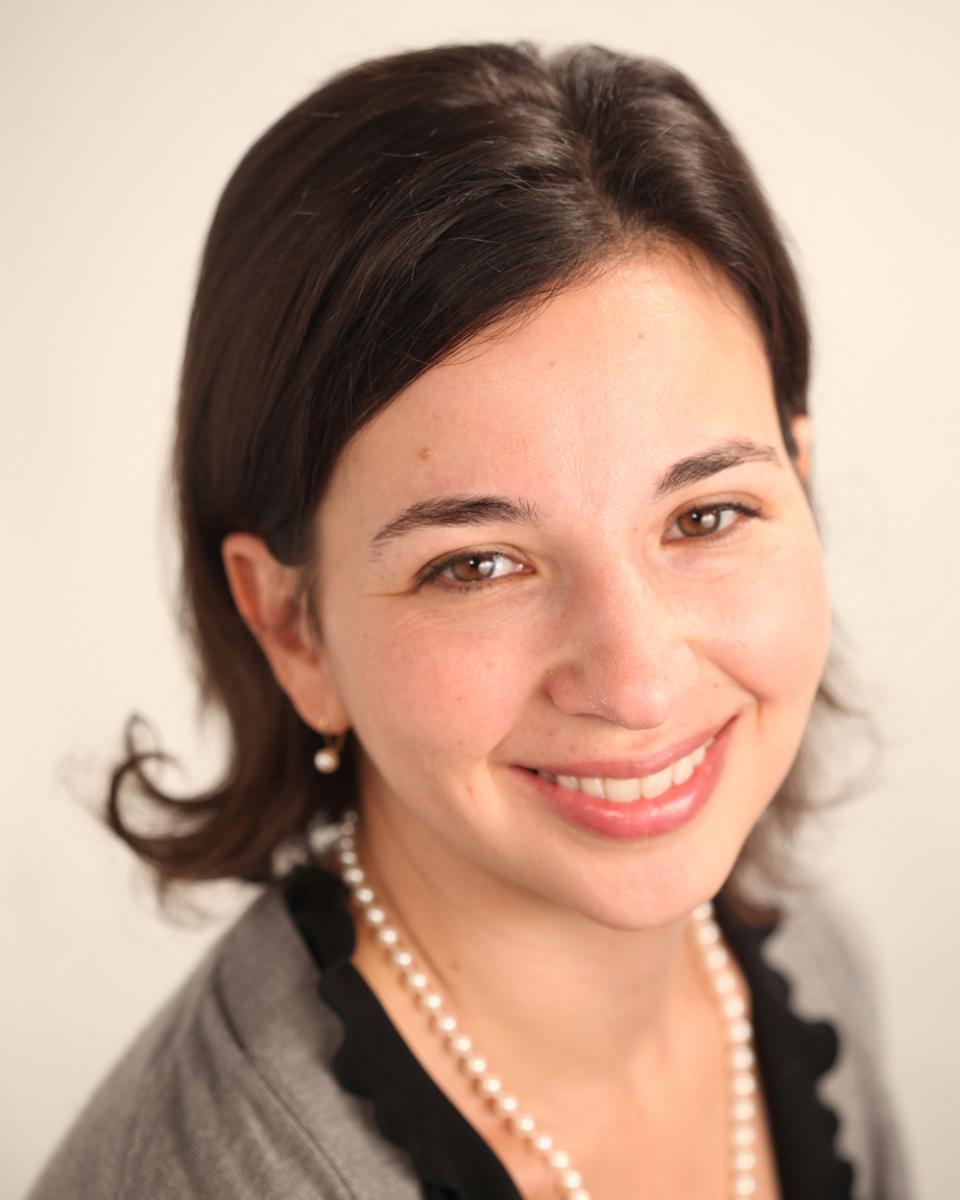
Anna Victoria Molofsky, M.D., Ph.D.
University of California-San Francisco
Project Title: Coordinate Regulation of Neural Circuit Remodeling by Glia: A Prospective Molecular Approach
Grant ID: DP2-MH116507
Funded by the National Institute of Mental Health
Dr. Anna Molofsky is an Assistant Professor in the Department of Psychiatry at the University of California-San Francisco (UCSF). She received her M.D./Ph.D. degrees from the University of Michigan-Ann Arbor; her graduate work with Sean Morrison identified mechanisms regulating the self-renewal and aging of stem cells in the central nervous system. During her psychiatry residency and postdoctoral fellowship in David Rowitch’s lab at UCSF, she discovered heterogeneous subsets of astrocytes required for postnatal neural circuit development. Dr. Molofsky’s independent lab investigates the roles of non-neuronal cells, including astrocytes and microglia, in neural circuit development and brain plasticity. She is also the recipient of awards from the Burroughs Welcome Fund, the Brain and Behavior Research Foundation, and the Pew Charitable Trusts.
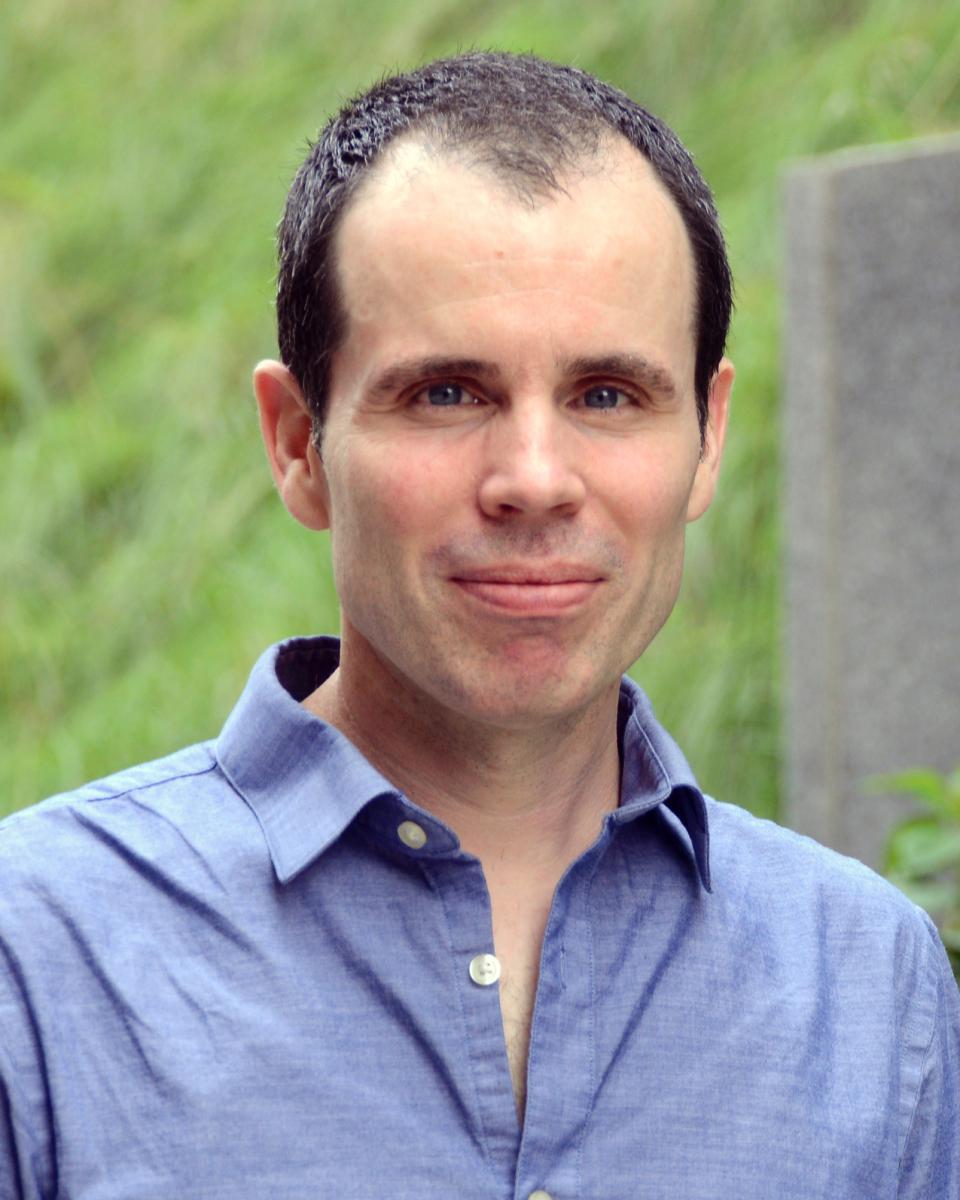
Daniel Morgan , M.D., M.S.
Baltimore VA Medical Center / University of Maryland School of Medicine
Project Title: Incorporating Bayesian Reasoning into Physician Testing and Treatment Decisions
Grant ID: DP2-LM012890
Dan Morgan is the Chief of Hospital Epidemiology at the Baltimore VA Medical Center and an Associate Professor of Epidemiology & Public Health and Infectious Diseases at the University of Maryland School of Medicine. His research has focused on pragmatic solutions to common problems in hospital infection prevention. This New Innovator project takes on the proclivity among clinicians to believe that tests and treatments are more beneficial than evidence indicates. Sites in Maryland, Texas and Oregon will evaluate the reasons clinicians make this error. A team of evidence-based medicine, psychology, anthropology and graphic design experts will develop visual aids to make risk understanding implicit in clinical decisions. With a more evidence-based understanding of tests and treatments, clinicians can better inform patients making difficult decisions, and avoid harmful medical overuse.
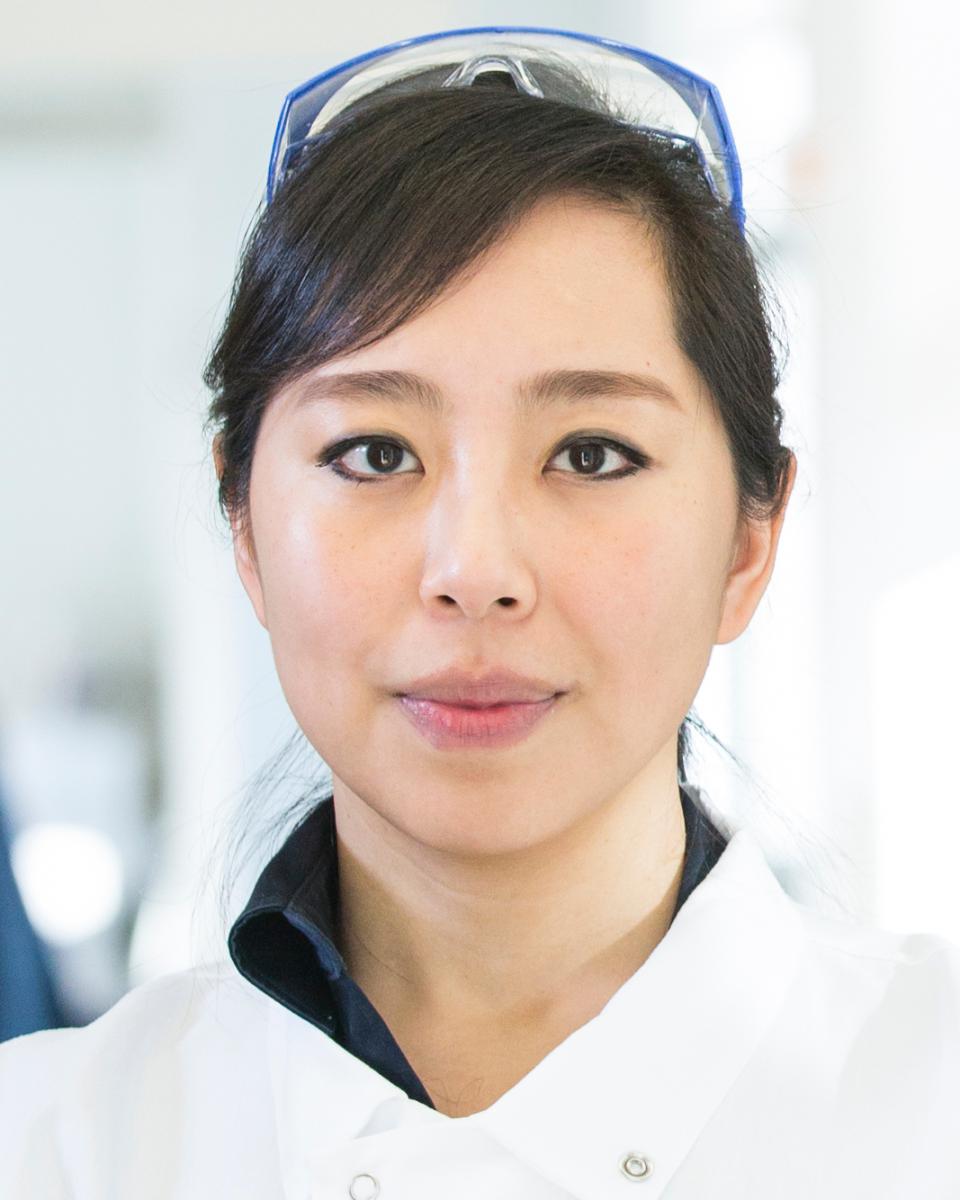
Julia Oh, Ph.D.
The Jackson Laboratory for Genomic Medicine
Project Title: Metagenomes to Therapeutics: Defining the Rules for Engineering the Skin Microbiome
Grant ID: DP2-GM126893
Julia Oh received her B.A. from Harvard University and her Ph.D. in genetics from Stanford University. As a graduate student, she developed technologies for high-throughput gene annotation and drug-target discovery in pathogenic fungi. As a postdoctoral fellow at the National Institutes of Health, she studied the human skin microbiome, focusing on microbiome-host interactions and how changes in the microbiome can result in skin disease. In 2015, she joined The Jackson Laboratory as an assistant professor. The goal of her laboratory is to combine high-resolution computational reconstructions of the microbiome with synthetic biology to devise innovative approaches to create novel therapeutic interventions and investigate the underlying ecology of skin microbial communities.

Angela K. Pannier, Ph.D.
University of Nebraska-Lincoln
Project Title: Using Cell Priming and Telecommunications Modeling to Enhance Gene Delivery for Stem Cell Therapies
Grant ID: DP2-EB025760
Angela Pannier is an Associate Professor and William E. Brooks Leadership Fellow in the Department of Biological Systems Engineering at the University of Nebraska-Lincoln. She earned a B.S. and M.S. in Biological Systems Engineering from the University of Nebraska-Lincoln and a Ph.D. In Interdisciplinary Biology at Northwestern University, working with Lonnie Shea. Her lab focuses on developing biomaterials for tissue engineering models of development and nonviral gene delivery systems for stem cell, gene therapy, and DNA vaccination applications. Her primary research interest is in using molecular profiling, modeling, and high-throughput techniques to understand the basic biology underlying successful gene delivery and translating that understanding to drug priming strategies that can enhance gene therapies. She is the receipt of a NSF CAREER award and American Heart Association Scientist Development Grant.
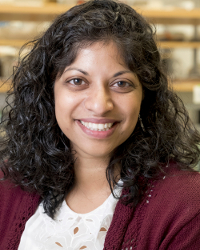
Priya Rajasethupathy, M.D., Ph.D.
Rockefeller University
Project Title: Bridging the Gap from Genes to Circuits to Behavior in Understanding Cognitive Dysfunction
Grant ID: DP2-AG058487
Priya Rajasethupathy, M.D., Ph.D., is the Jonathan M Nelson Family Assistant Professor and head of the Laboratory of Neural Dynamics & Cognition at the Rockefeller University. She obtained her bachelors degree from Cornell University, and subsequently obtained both an M.D. (2013) and a Ph.D. in Neuroscience (2012) from Columbia University, under the mentorship of Eric Kandel. She did her post-doctoral work at Stanford University under the guidance of Karl Deisseroth where she developed and applied methodologies in two photon in vivo imaging, optogenetics, and volumetric gene expression analyses of intact brain, to discover novel mechanisms underlying top-down, goal-directed memory retrieval. Currently, at Rockefeller University, experiments in her lab are aimed at understanding brain wide genomic and neural circuit computations that support higher order memory and cognitive processes.

Sherri Rose, Ph.D.
Harvard Medical School
Project Title: Machine Learning for Health Outcomes and Quality of Care in Low-Income Populations
Grant ID: DP2-MD012722
Sherri Rose, Ph.D. is an Associate Professor of Health Care Policy (Biostatistics) at Harvard Medical School, where her work is centered around developing and integrating innovative statistical approaches to advance human health. She received her Ph.D. in Biostatistics from the University of California, Berkeley and a B.S. in Statistics from The George Washington University before completing an NSF Mathematical Sciences Postdoctoral Research Fellowship at Johns Hopkins University. Broadly, Dr. Rose's methodological research focuses on nonparametric machine learning for prediction and causal inference. Within health policy, she works on risk adjustment, comparative effectiveness research, and health program impact evaluation. Dr. Rose coauthored the first book on machine learning for causal inference and co-leads the Health Policy Data Science Lab, where she directs projects in computational health economics and health outcomes research.
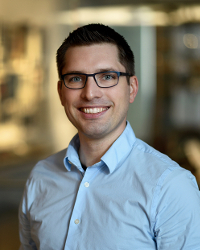
Buck S. Samuel, Ph.D.
Baylor College of Medicine
Project Title: Microbial Programming of Host Physiology
Grant ID: DP2-DK116645
Dr. Buck Samuel seeks to comprehensively define the genetic pathways that mediate and modulate the impact of microbes on host physiology. Since 2015, he has been an Assistant Professor in the Alkek Center for Metagenomics and Microbiome Research and Department of Molecular Virology and Microbiology at Baylor College of Medicine. His approach to science is both a product of creativity born from the challenges and opportunities of a childhood in the wilds of Idaho and the support and tutelage of great mentors with inventive environments during his research career. As a graduate student at Washington University in St. Louis under the mentorship of Jeffrey Gordon, he studied the foundations of how microbiome composition and function can shape host metabolism. In his postdoctoral work with Gary Ruvkun at Massachusetts General Hospital and Harvard Medical School, he focused on identifying the natural microbiome of the nematode Caenorhabditis elegans and developing this simple host as a facile, high-throughput gnotobiotic system. In addition to the NIH Director’s New Innovator Award, Dr. Samuel has been greatly supported by publically funded research institutions— as a NSF Graduate Research Fellow, NIH Ruth L. Kirschstein NRSA Postdoctoral Fellow— and Charles King Trust Foundation as a Senior Postdoctoral Fellow. His interdisciplinary research program brings to bear this expertise at the organismal and molecular level to interrogate both host and microbial networks that interact to determine host health or susceptibility to disease.
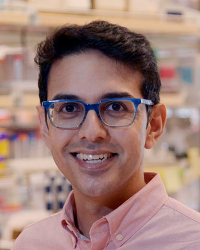
Neville E. Sanjana, Ph.D.
New York Genome Center and New York University
Project Title: In Situ Functional Genomics to Understand Transcriptional Regulation
Grant ID: DP2-HG010099
Neville Sanjana is a Core Faculty Member at the New York Genome Center, and an Assistant Professor of Biology at New York University and of Neuroscience and Physiology at NYU School of Medicine. Utilizing new technologies for large-scale DNA synthesis and gene editing, Dr. Sanjana has developed pooled screening approaches for functional genomics and applied them to gene regulation, cancer evolution and metastasis, drug resistance, cancer immunotherapy, neurodevelopmental disorders and synthetic biology. Recent work in the Sanjana Lab is focused on creating new genome engineering tools to pinpoint functional elements in the noncoding genome and decipher their regulatory logic. Dr. Sanjana was previously a Simons Postdoctoral Fellow in Dr. Feng Zhang’s lab at the Broad Institute and MIT, obtained a Ph.D. in Brain and Cognitive Sciences from MIT with Dr. Sebastian Seung, and holds a B.S. in Symbolic Systems and a B.A. in English Literature from Stanford University. He is a recipient of the Kimmel Scholar Award, the Melanoma Research Alliance Young Investigator Award, the NIH Pathway to Independence Award, and the Paul Allen Institute for Brain Science Next Generation Leader Award.
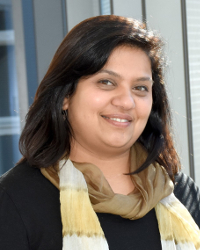
Kavitha Sarma, Ph.D.
The Wistar Institute
Project Title: Epigenetic Regulation Through the Formation and Resolution of R Loops
Grant ID: DP2-NS105576
Kavitha Sarma joined The Wistar Institute in Philadelphia as an Assistant Professor in the Gene Expression and Regulation program in 2016. She completed her Ph.D. thesis with Danny Reinberg at Rutgers University where she studied mechanisms of eukaryotic gene expression. Her postdoctoral training in the field of X chromosome inactivation was conducted with Jeannie Lee at Massachusetts General Hospital. As a postdoctoral fellow, she was a recipient of the NIH Ruth L. Kirschstein National Research Service Award. Kavitha’s laboratory currently explores RNA function in epigenetic gene regulation and in the formation of atypical chromatin structures in disease.
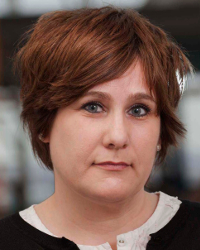
Andrea Schietinger, Ph.D.
Memorial Sloan Kettering Cancer Center
Project Title: Spatiotemporal Regulation of T Cell Fate Decisions in Cancer
Grant ID: DP2-CA225212
Andrea Schietinger is an Assistant Member in the Immunology Program at Memorial Sloan Kettering Cancer Center. Her research group investigates the regulatory mechanisms underlying tumor-specific T cell dysfunction in developing solid tumors. Andrea received her degree in pharmacology from the University of Hamburg, Germany, before going on to do her Ph.D. with Dr. Hans Schreiber at the University of Chicago, where she studied how aberrant glycosylation of wildtype proteins in cancer cells creates tumor-specific neoantigens. As a CRI Irvington postdoctoral fellow in Dr. Philip Greenberg’s lab at the University of Washington in Seattle, she defined the molecular programs needed for self-reactive T cells to maintain self-tolerance. In addition to the NIH Director’s New Innovator Award, Andrea is a Josie Robertson Investigator, a recipient of the NIH Pathway to Independence Award, the William and Ella Owens Foundation Award, and the V Foundation Scholars Award.
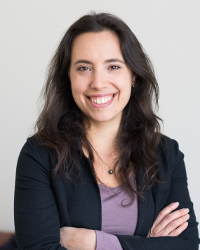
Gabriela S. Schlau-Cohen, Ph.D.
Massachusetts Institute of Technology
Project Title: Nanometer Distance Assay to Uncover Protein Dynamics
Grant ID: DP2-GM128200
Funded by the National Institute of General Medical Sciences
Gabriela Schlau-Cohen is the Thomas D. and Virginia W. Cabot Career Development Assistant Professor in the Department of Chemistry at the Massachusetts Institute of Technology. Her research group uses single-molecule spectroscopy and ultrafast spectroscopy to explore the energetic and structural dynamics of biological systems. Prior to MIT, she was a Postdoctoral Fellow of the Center for Molecular Analysis and Design at Stanford University, where she worked with Prof. W.E. Moerner. Dr. Schlau-Cohen received her Ph.D. in Physical Chemistry in 2011 from the University of California, Berkeley, where she worked in the lab of Prof. Graham Fleming as an AAUW American Fellow. She received her B.S. in Chemical Physics in 2003 from Brown University.
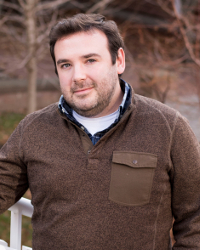
Michael J. Sheehan, Ph.D.
Cornell Univesity
Project Title: Encoding Knowledge in the Genome
Grant ID: DP2-GM128202
Funded by the National Institute of General Medical Sciences
Michael Sheehan is an Assistant Professor of Animal Behavior in the Department of Neurobiology and Behavior and a Nancy and Peter Meinig Family Investigator in the Life Sciences at Cornell University. His research integrates approaches from behavioral ecology, genomics and neurobiology to understand how social recognition has shaped cognition and phenotypic diversity. He received a B.A. in Anthropology from the University of Pennsylvania and his Ph.D. in Ecology and Evolutionary Biology from the University of Michigan. As a Ph.D. student working with Elizabeth Tibbetts, he studied the evolution of facial recognition abilities in paper wasps and demonstrated they processes faces using specialized cognitive mechanisms analogous to specialized face learning in humans. For his postdoctoral studies, he joined the lab of Michael Nachman as a Ruth Kirschstein National Research Service Award Fellow first at the University of Arizona and later at the University of California at Berkeley, where he studied the molecular evolutionary pressures maintaining individuality in mouse scent marking pheromones. Michael is also the recipient of awards from Animal Behavior Society and the American Society of Naturalists.
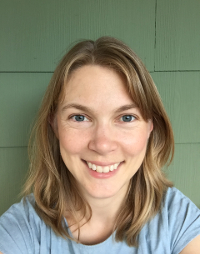
Sloan Siegrist, Ph.D.
University of Massachusetts Amherst
Project Title: Chemical Detection of Mycobacterium tuberculosis Growth and Antibiotic Response During Infection
Grant ID: DP2-AI138238
Sloan Siegrist is an Assistant Professor of Microbiology at the University of Massachusetts Amherst. After growing up on Guam, she received a B.A. in Human Biology at Stanford University. Her Ph.D. work with Dr. Eric Rubin at the Harvard School of Public Health focused on mycobacterial genetics and her postdoctoral research with Dr. Carolyn Bertozzi at UC Berkeley centered on chemical probes for cell wall peptidoglycan. At UMass Amherst, Dr. Siegrist's group studies the organization of the mycobacterial cell envelope and engineers its components for translational applications.

Joanna S.G. Slusky, Ph.D.
University of Kansas
Project Title: Designed Beta-Strands for Inhibiting Efflux Pumps and Disabling Antibiotic Resistance
Grant ID: DP2-GM128201
Funded by the National Institute of General Medical Sciences
Joanna is an assistant professor in the department of Molecular Biosciences and the Center for Computational Biology at the University of Kansas. She graduated magna cum laude in chemistry from Princeton University where she created new geometrically frustrated magnets and superconductors. As an NSF Graduate Research Fellow at the University of Pennsylvania, Joanna was awarded a Ph.D. for designing the first peptides to bind to specifically to the transmembrane region of proteins. Following her Ph.D., Joanna continued to study membrane proteins over the course of two postdoctoral appointments—the first, a Human Frontier Science Program postdoctoral fellowship on membrane protein topology at Stockholm University, and the second a fellowship to study the charged amino acids in outer membrane proteins at Fox Chase Cancer Center. Her lab at the University of Kansas designs outer membrane proteins to improve health, advance scientific discovery, and facilitate environmental remediation.

Radhika Subramanian, Ph.D.
Massachusetts General Hospital and Harvard Medical School
Project Title: A Versatile Platform for Reconstructing the Spatial Organization of Intracellular Signaling During Cell-Division
Grant ID: DP2-GM126894
Radhika Subramanian is an Assistant Professor in the Department of Molecular Biology at Massachusetts General Hospital and the Department of Genetics at Harvard Medical School. Her lab focuses on elucidating the fundamental principles by which intracellular spatial organization on the micron-length scale is achieved by the collective activity of nanometer-sized proteins. Radhika received her M.Sc. in Chemistry from the Indian Institute of Technology in Delhi, India. She performed her doctoral research with Dr. Jeff Gelles at Brandeis University followed by postdoctoral training in the laboratory of Dr. Tarun Kapoor at the Rockefeller University. In addition to the NIH New Innovator Award, Radhika is a Pew Biomedical Scholar and a recipient of the Smith Family Award for Excellence in Biomedical Research.

Nicolas X. Tritsch, Ph.D.
New York University School of Medicine
Project Title: A Novel Framework for the Functional Dissection of Motor Systems
Grant ID: DP2-NS105553
Nicolas Tritsch is an Assistant Professor in the Department of Neuroscience and Physiology at NYU Langone Health. Dr. Tritsch graduated from McGill University with a B.S. in immunology in 2001 and a M.S. in neuroscience in 2004. He received a Ph.D. in neuroscience from Johns Hopkins University in 2010 under the mentorship of Dr. Dwight Bergles for his studies revealing the importance of non-neuronal cells within the ear in shaping the development of central auditory pathways. As a postdoctoral fellow working with Dr. Bernardo Sabatini at Harvard Medical School, Dr. Tritsch began to explore how dopaminergic neurons modulate the activity of brain circuits that control voluntary movements. His laboratory currently focuses on understanding how these circuits orchestrate the initiation, execution and reinforcement of motor actions using a variety of optical, genetic and physiological approaches.
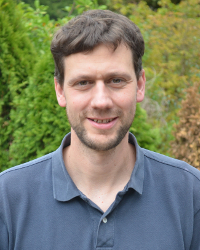
Jakob von Moltke, Ph.D.
University of Washington
Project Title: Sensing of Helminths by Tuft Cells
Grant ID: DP2-AI136596
Jakob von Moltke is an Assistant Professor in the Department of Immunology at the University of Washington. His lab studies the initiation of immune responses by parasitic worms and allergens, with a goal of understanding how and why such diverse signals all activate the same immune pathways. Immune sensing has been a consistent theme of Jakob's research. As a graduate student in Dr. Russell Vance's lab at the University of California, Berkeley, Jakob studied sensing of bacterial flagellin by inflammasomes, uncovering a novel inflammasome effector function in vivo. For his postdoctoral training, Jakob joined Dr. Richard Locksley's lab at UC Berkeley and discovered that tuft cells, an epithelial lineage with previously unknown function, are required for immune detection of parasitic worms. In addition to the NIH New Innovator award, Jakob is the recipient of a Weintraub Graduate Student Award, a Damon Runyon postdoctoral fellowship, and the Damon Runyon-Dale Frey Award for Breakthrough Scientists. Jakob received his B.A. in Biology summa cum laude from Dartmouth College, and an M.A. in Biotechnology from Columbia University.
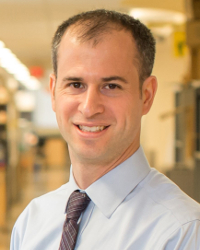
Brian Wainger, M.D., Ph.D.
Massachusetts General Hospital | Harvard Medical School
Project Title: A Human Stem Cell-Derived Neuromuscular Junction Model for Amyotrophic Lateral Sclerosis
Grant ID: DP2-NS106664
Brian Wainger is a physician scientist at Massachusetts General Hospital and Assistant Professor of Neurology and Anesthesiology at Harvard Medical School. He received his undergraduate degree in molecular biology from Princeton University and M.D./Ph.D. degrees from Columbia University, where he worked on ion channel physiology with Steven Siegelbaum. Following medical residency in the Partners Neurology Program and clinical fellowship in Interventional Pain Medicine at Massachusetts General Hospital, he completed a research fellowship with Clifford Woolf at Boston Children’s Hospital and the Masters Program in Clinical and Translational Investigation at Harvard Medical School. He is a Principal Investigator at Massachusetts General Hospital, Principal Faculty at the Harvard Stem Cell Institute and a member of the Harvard Neurobiology Program. His lab research focuses on modeling motor and sensory neuron diseases using stem cell technology and electrophysiology.
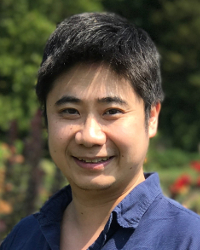
Hao Wu, Ph.D.
University of Pennsylvania
Project Title: Charting Oxygen-Sensing Gene Regulatory Network in Cardiomyocytes Through Single-Cell Analysis and Epigenome Editing
Grant ID: DP2-HL142044
Hao Wu is an Assistant Professor in the Department of Genetics, as well as a Core Member of the Epigenetics Institute at the University of Pennsylvania. He received his B.S. in Biological Sciences from Tsinghua University before moving to UCLA, where he earned a Ph.D. in Molecular Pharmacology for work in Yi Eve Sun’s laboratory studying epigenetic regulation of neural stem cell differentiation in mouse brains and from human pluripotent stem cells. For his postdoctoral training, he joined the laboratories of Yi Zhang and kenneth Chien at Harvard University, where he developed and applied new genomics sequencing methods for investigating gene regulatory roles of novel DNA modifications in mammalian pluripotent stem cells and during heart development. In 2016, he launched his independent laboratory at University of Pennsylvania, where his group develops single-cell genomics and epigenome-editing tools for investigating the molecular interactions between mammalian epigenomes and critical environmental inputs such as oxygen levels. He was the recipient of a Jane Coffin Child Postdoctoral Fellowship and a Pathway to Independence Award from the NIH.
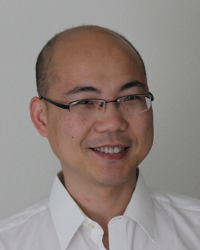
Huanghe Yang, Ph.D.
Duke University School of Medicine
Project Title: Manipulating TMEM16F Lipid Scramblase to Understand the Transbilayer Phospholipid Transport Phenomenon
Grant ID: DP2-GM126898
Huanghe Yang is an Assistant Professor in the Department of Biochemistry at Duke University School of Medicine. He received his B.A. in Chemistry from Zhengzhou University, China, his M.S. in Chemistry from Dalian Institute of Chemical Physics, Chinese Academy of Sciences, and his Ph.D. in Biomedical Engineering from Washington University in St. Louis. He entered biomedical research field as a Ph.D. student working on the structure-function of calcium-activated potassium channels; then received his postdoctoral training at University of California, San Francisco, working on the recently discovered TMEM16 calcium-activated chloride channels and calcium-activated lipid scramblases. His lab at Duke studies membrane ion and lipid transport at molecular, cellular and organism levels using a combination of biophysical, optical, genetic, and physiologic approaches.
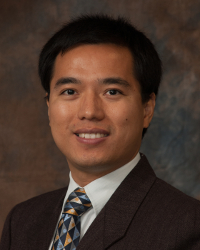
Yuebing Zheng, Ph.D.
The University of Texas at Austin
Project Title: On-Chip Multiplexed Adhesion Frequency Assay for Measuring Receptor-Ligand Interactions on Cells
Grant ID: DP2-GM128446
Funded by the National Institute of General Medical Sciences
Yuebing Zheng has been an Assistant Professor of Mechanical Engineering and Materials Science and Engineering at the University of Texas at Austin since Fall 2013. His research group engage in interdisciplinary research to innovate optical nanotechnologies in health, energy, manufacturing and national security. Yuebing did his postdoctoral research (with Prof. Paul S. Weiss) at the University of California, Los Angeles. He received his Ph.D. in Engineering Science and Mechanics (with Prof. Tony Jun Huang) from the Pennsylvania State University in 2010. Yuebing is the recipient of NASA Early Career Faculty Award (2017), ONR Young Investigator Award (2017), Royal Society of Chemistry Emerging Investigator (2016), 3M Non-Tenured Faculty Award (2015) and Beckman Young Investigator Award (2014).



